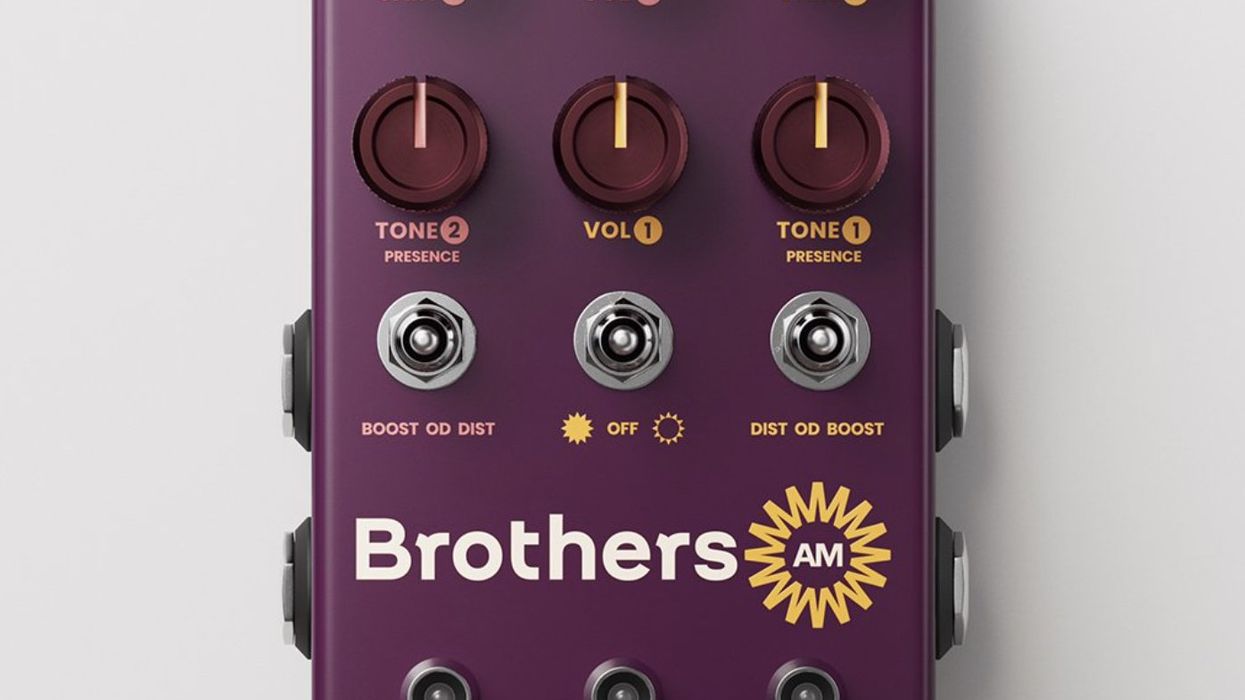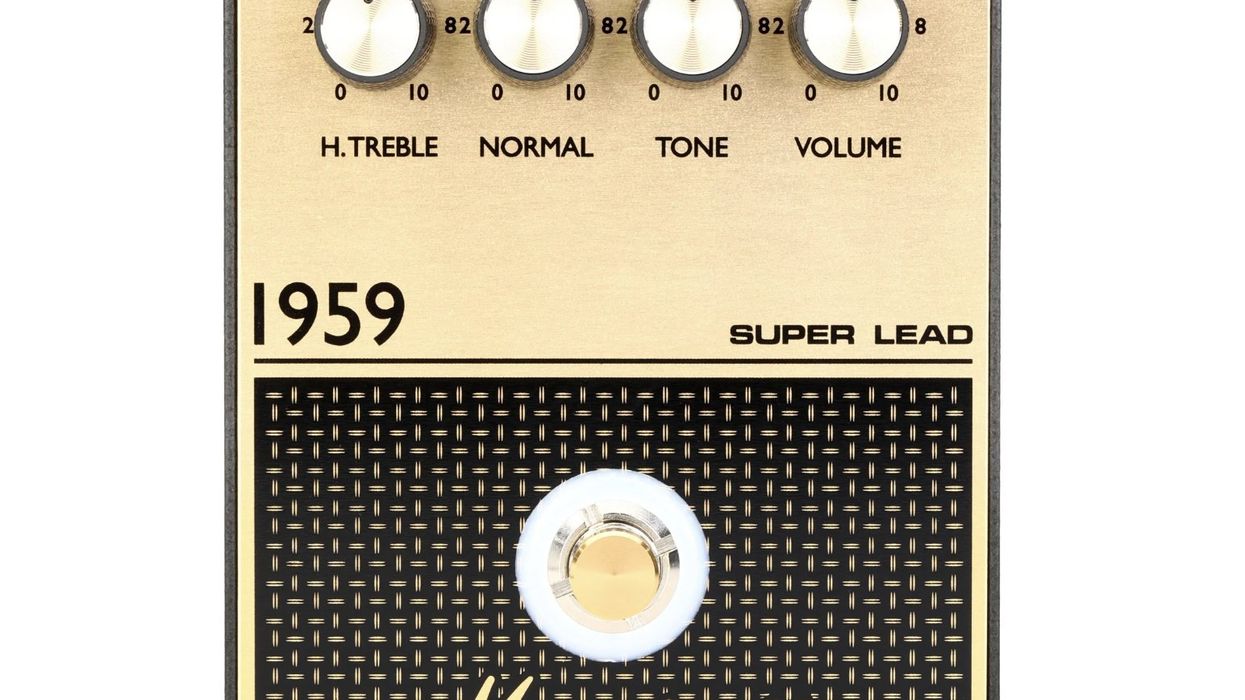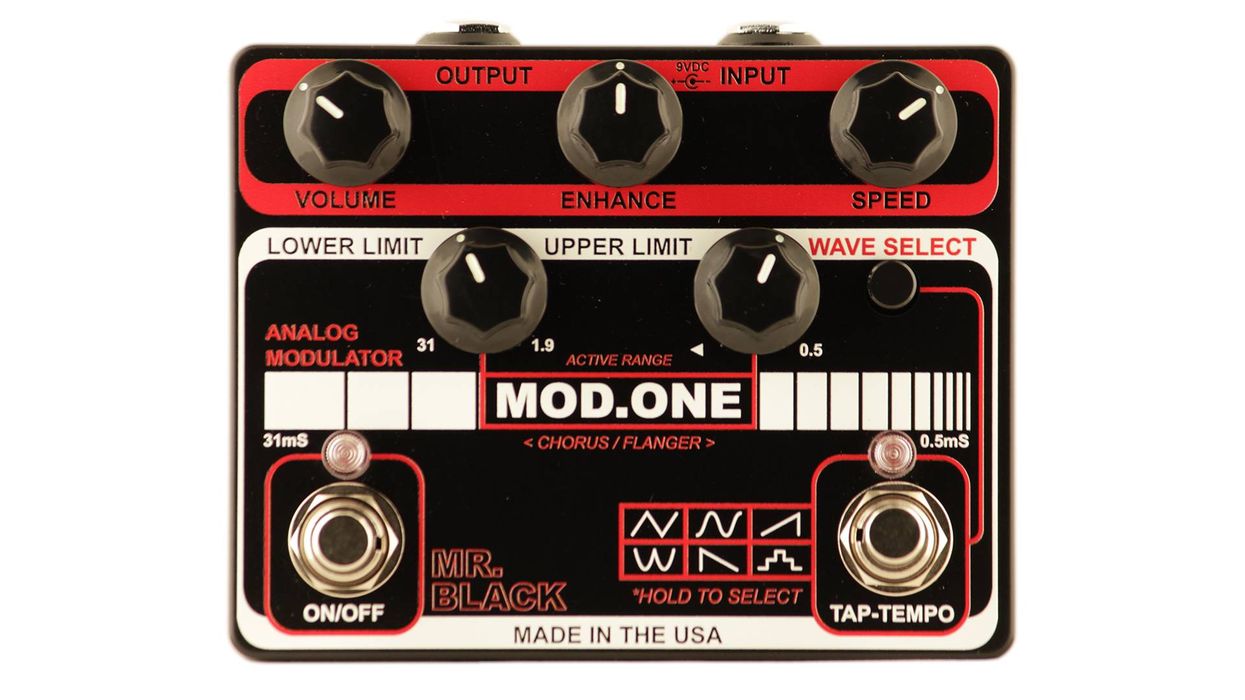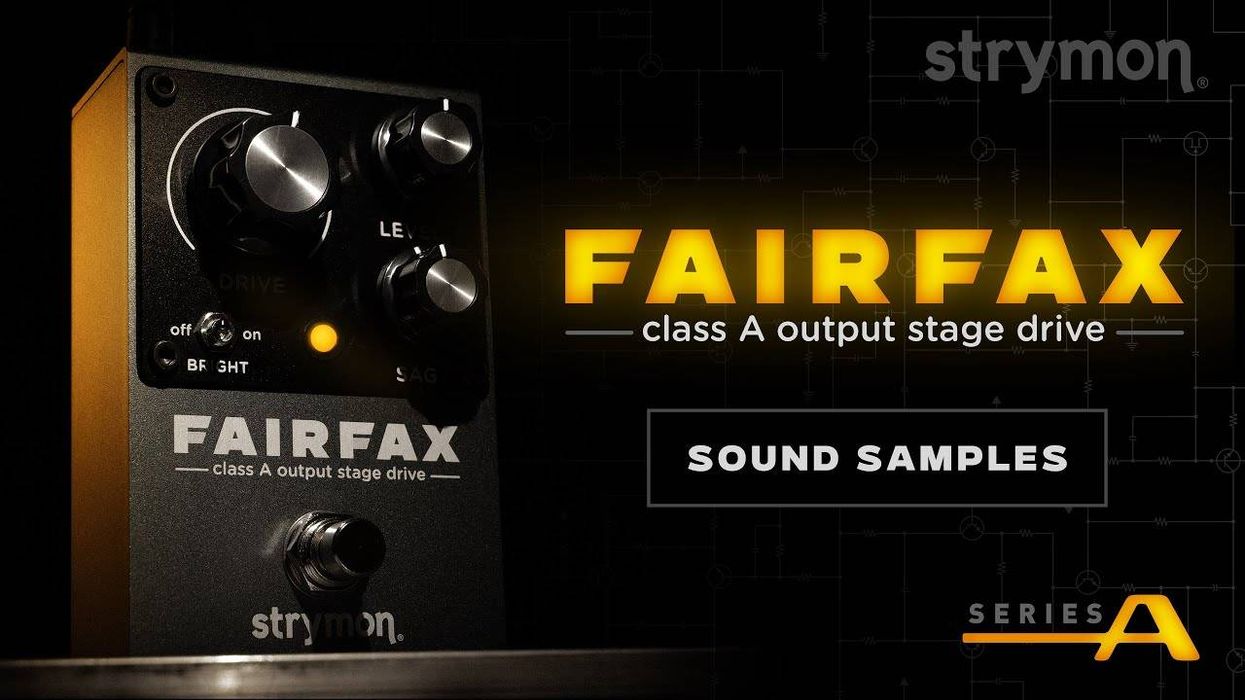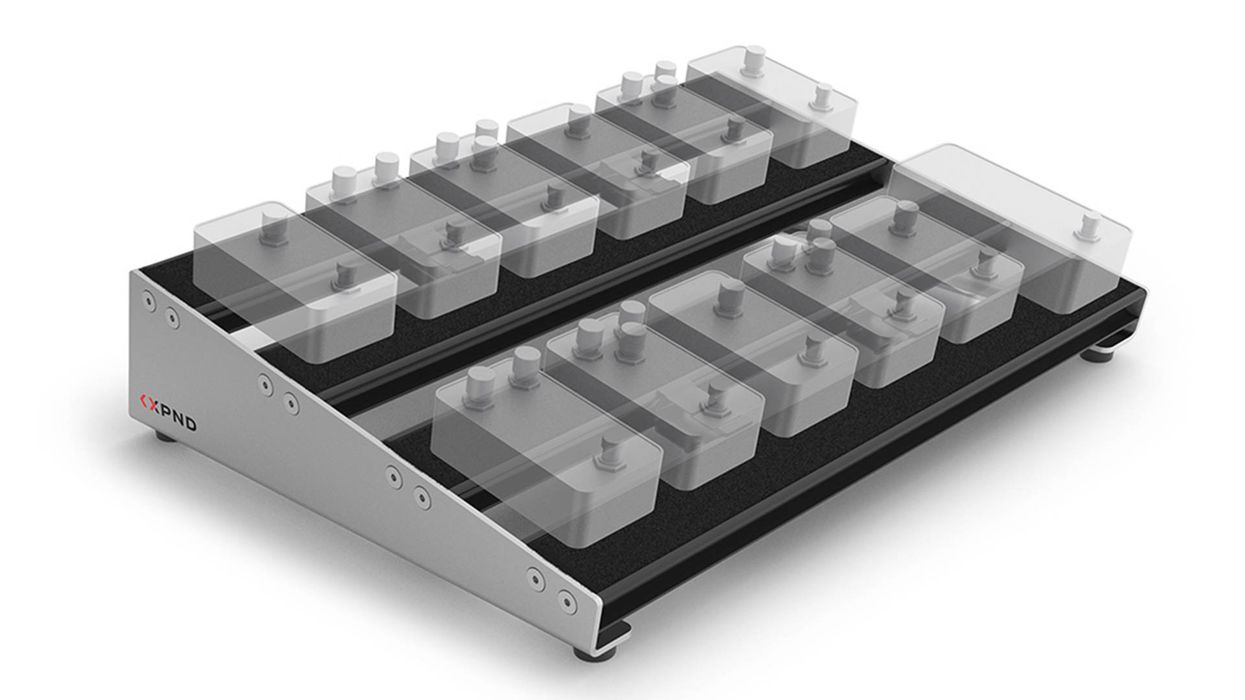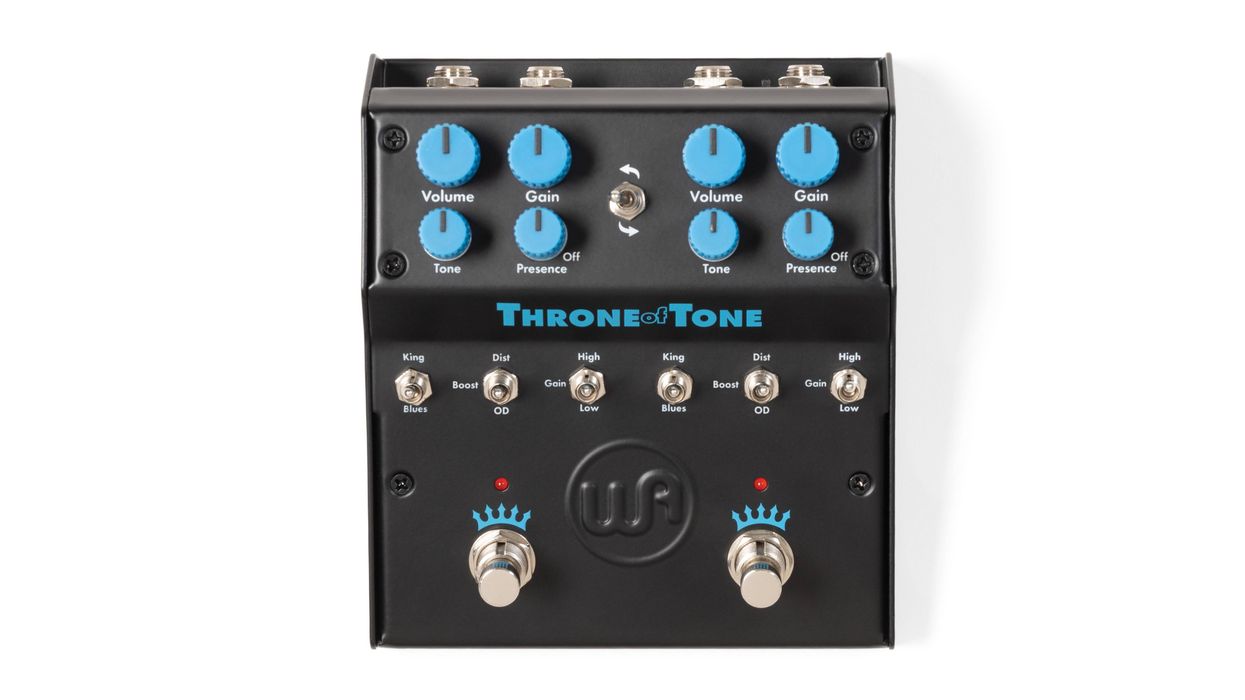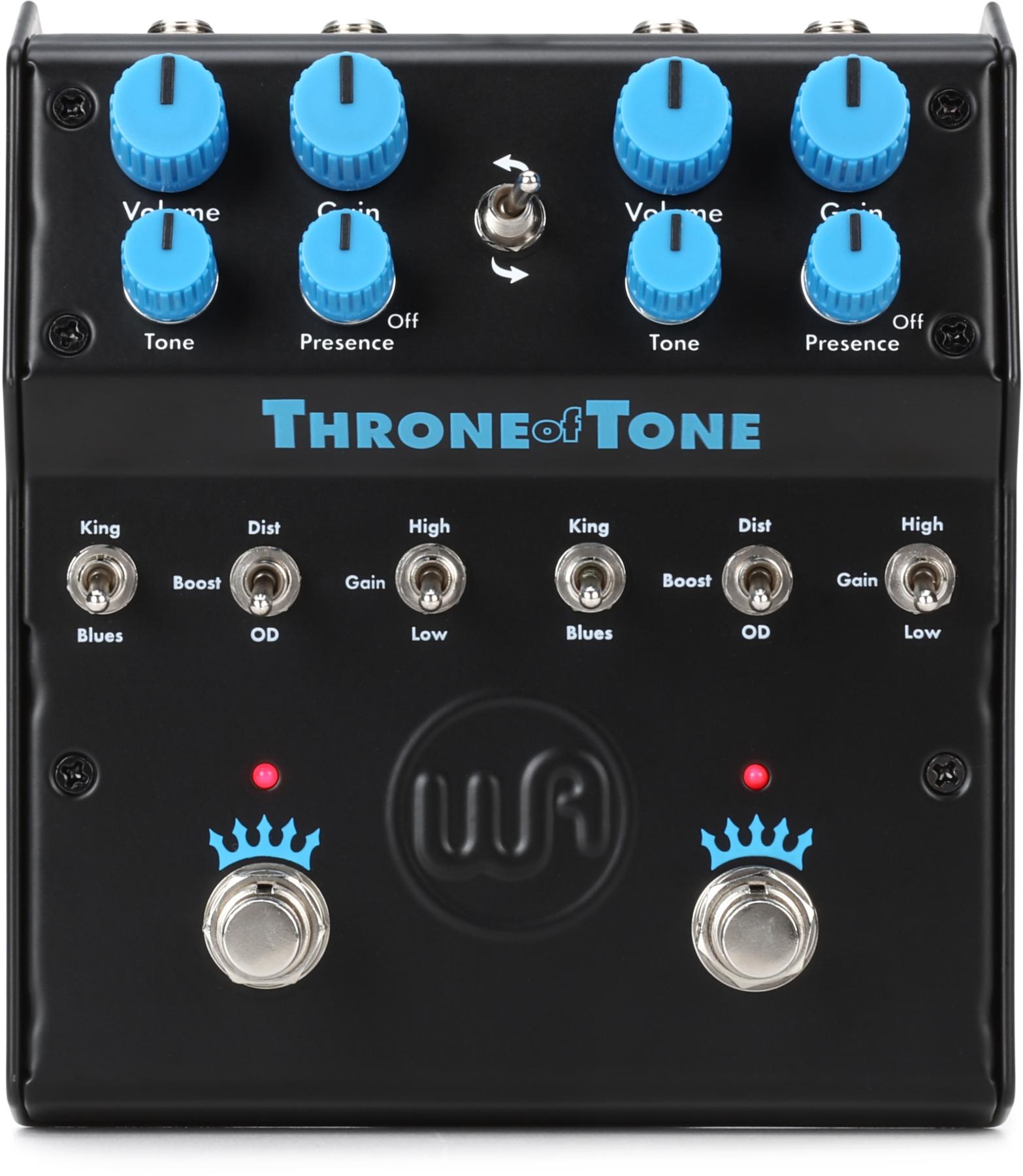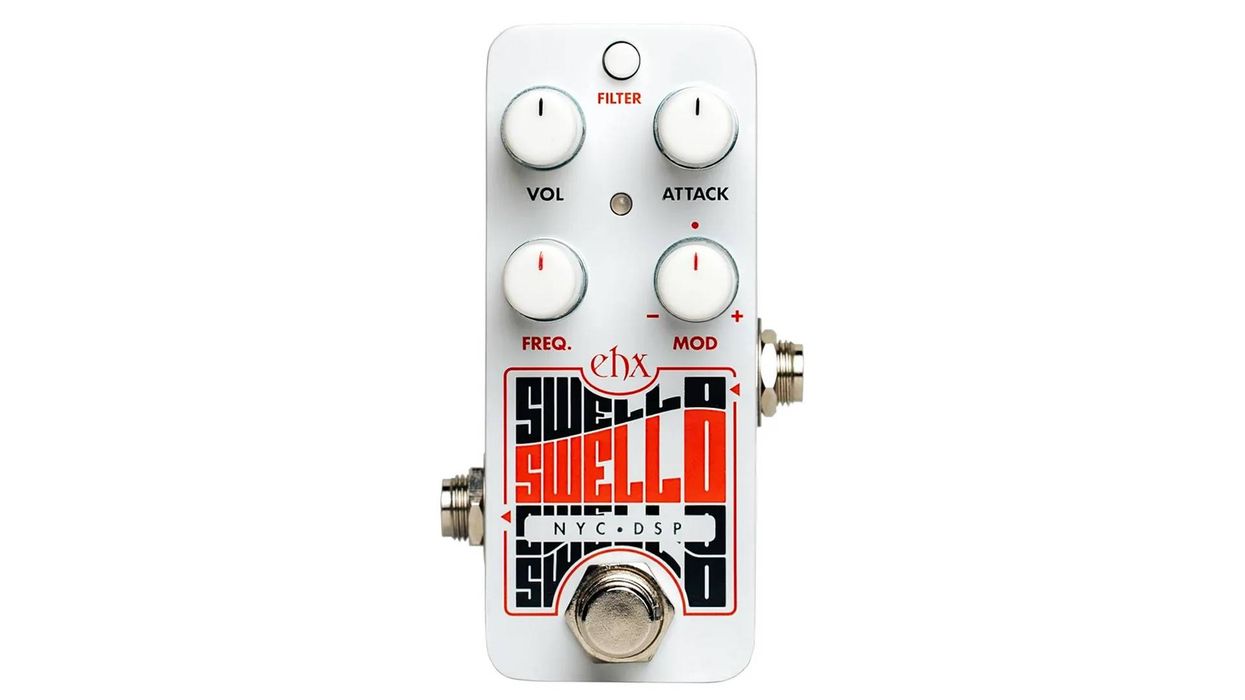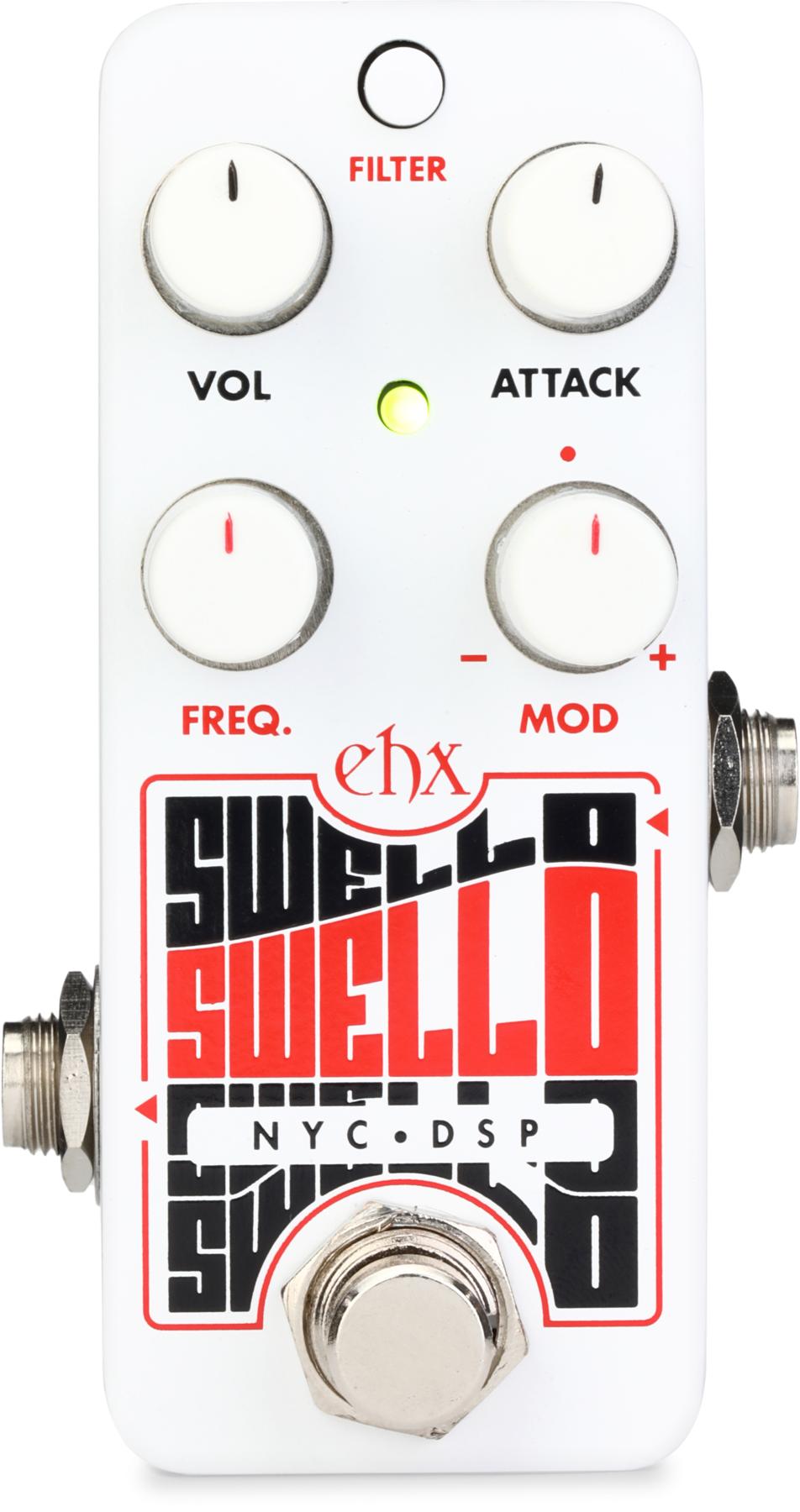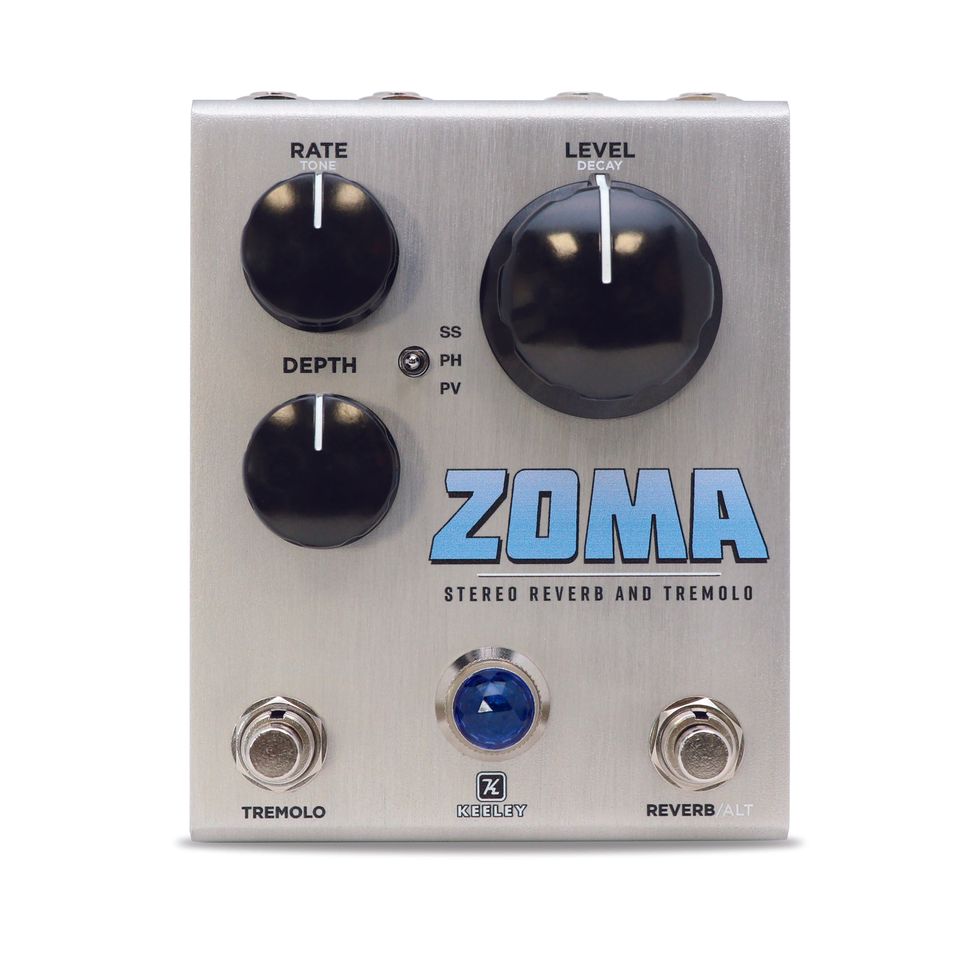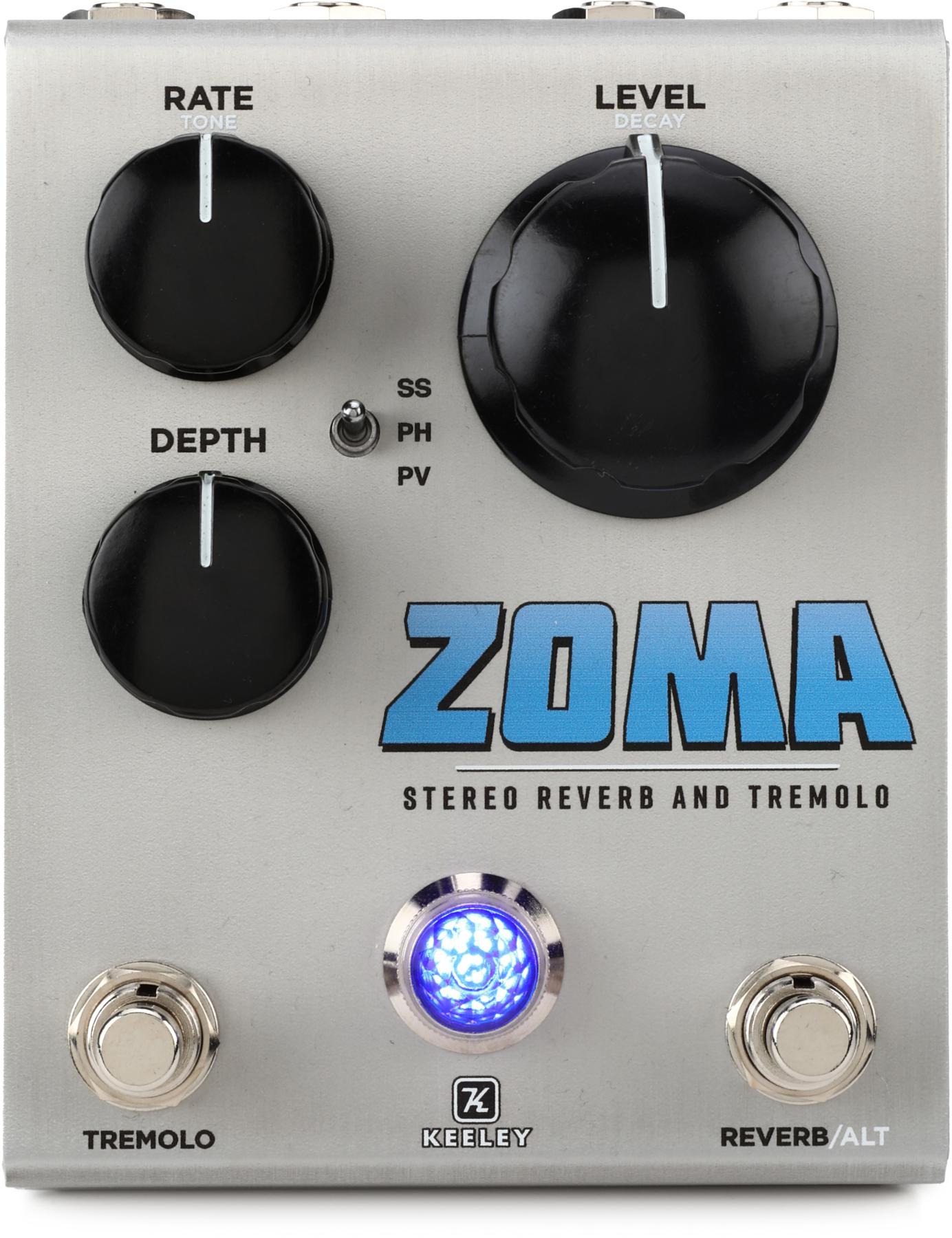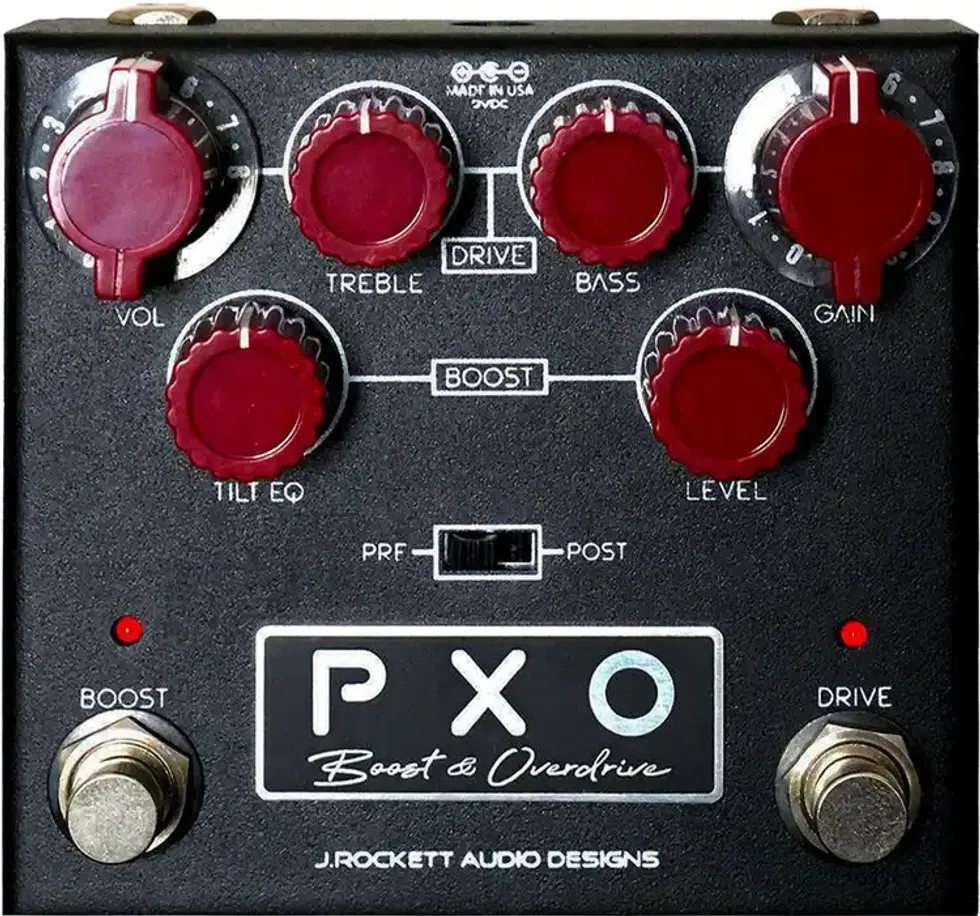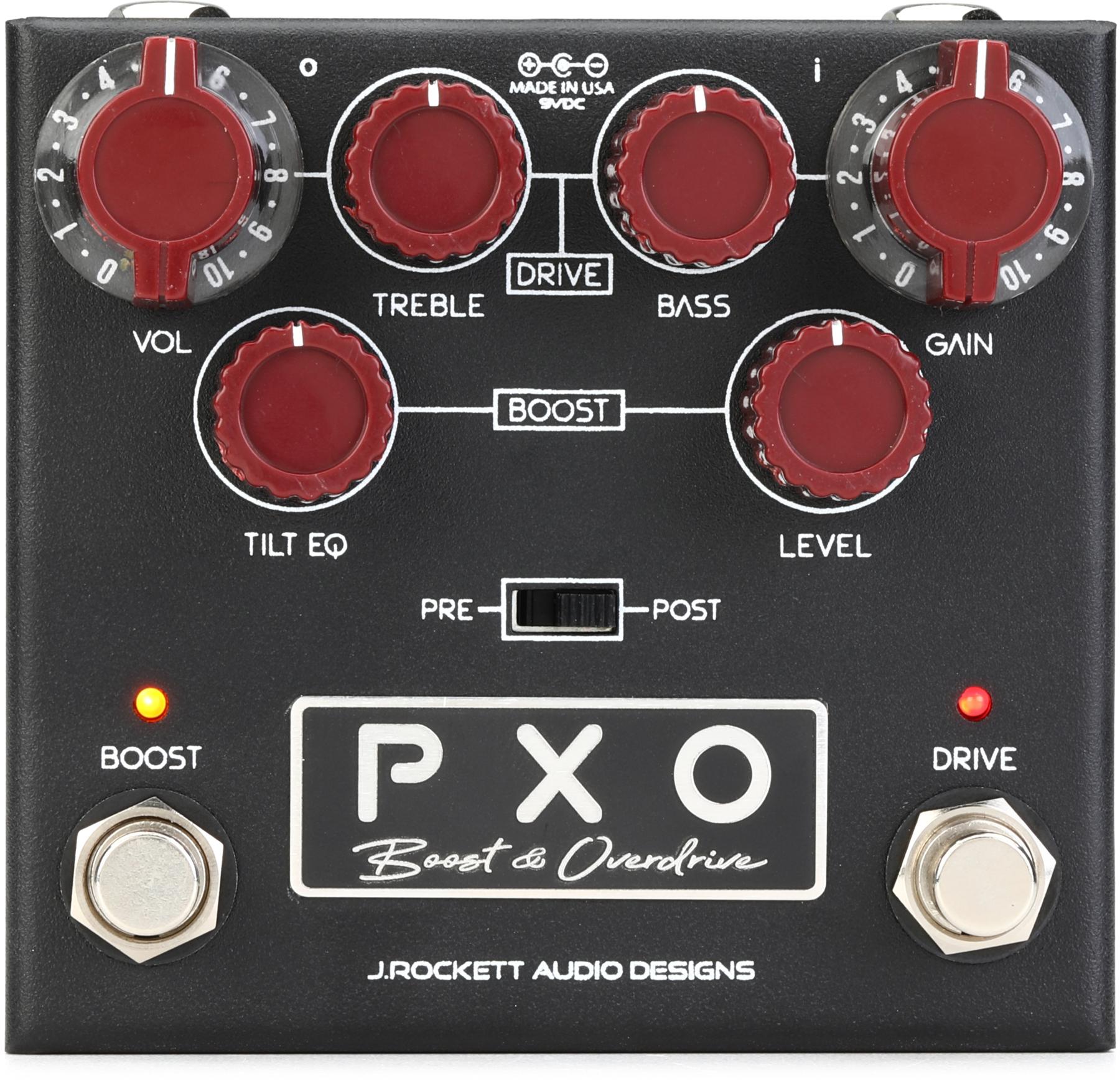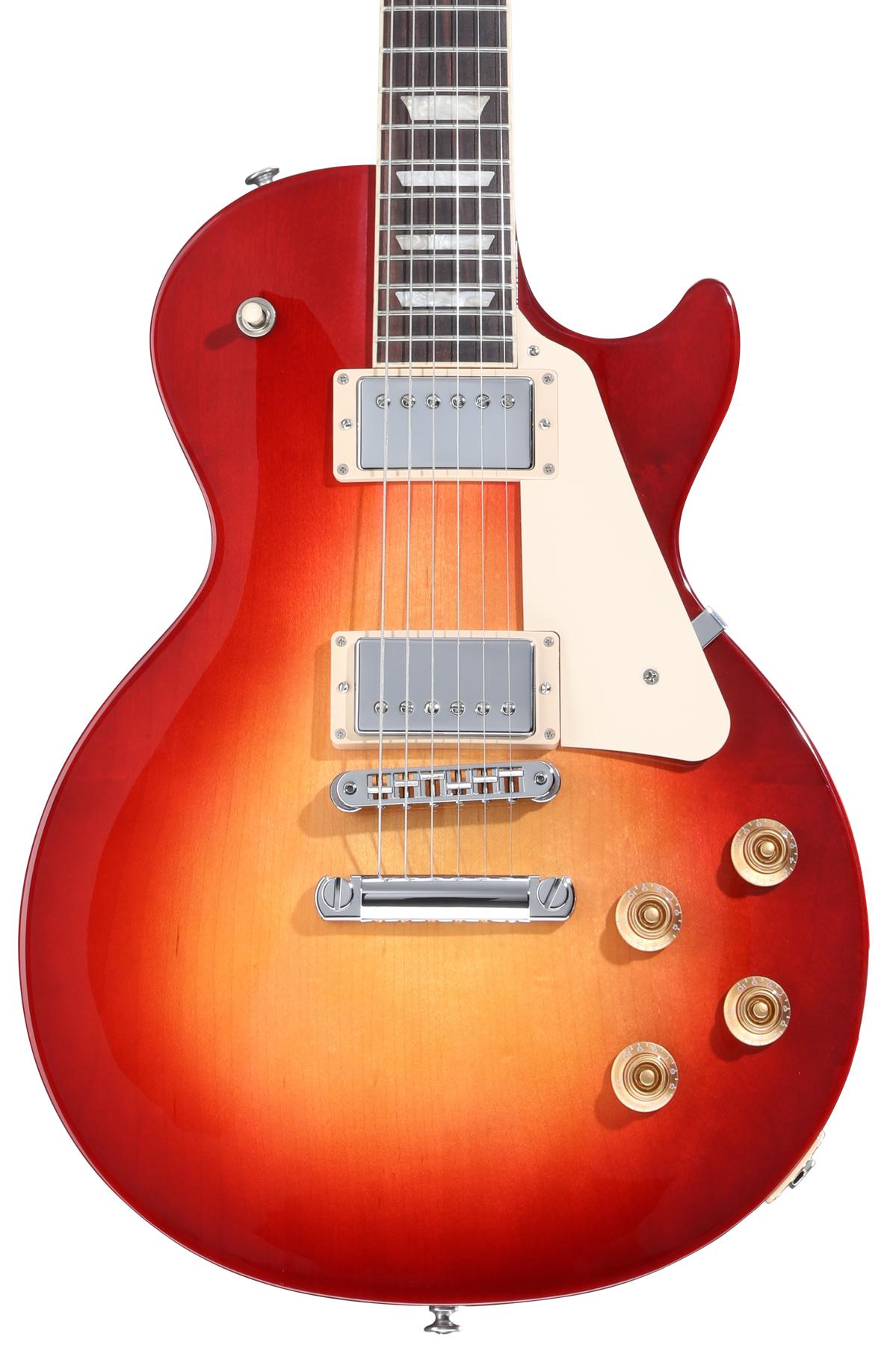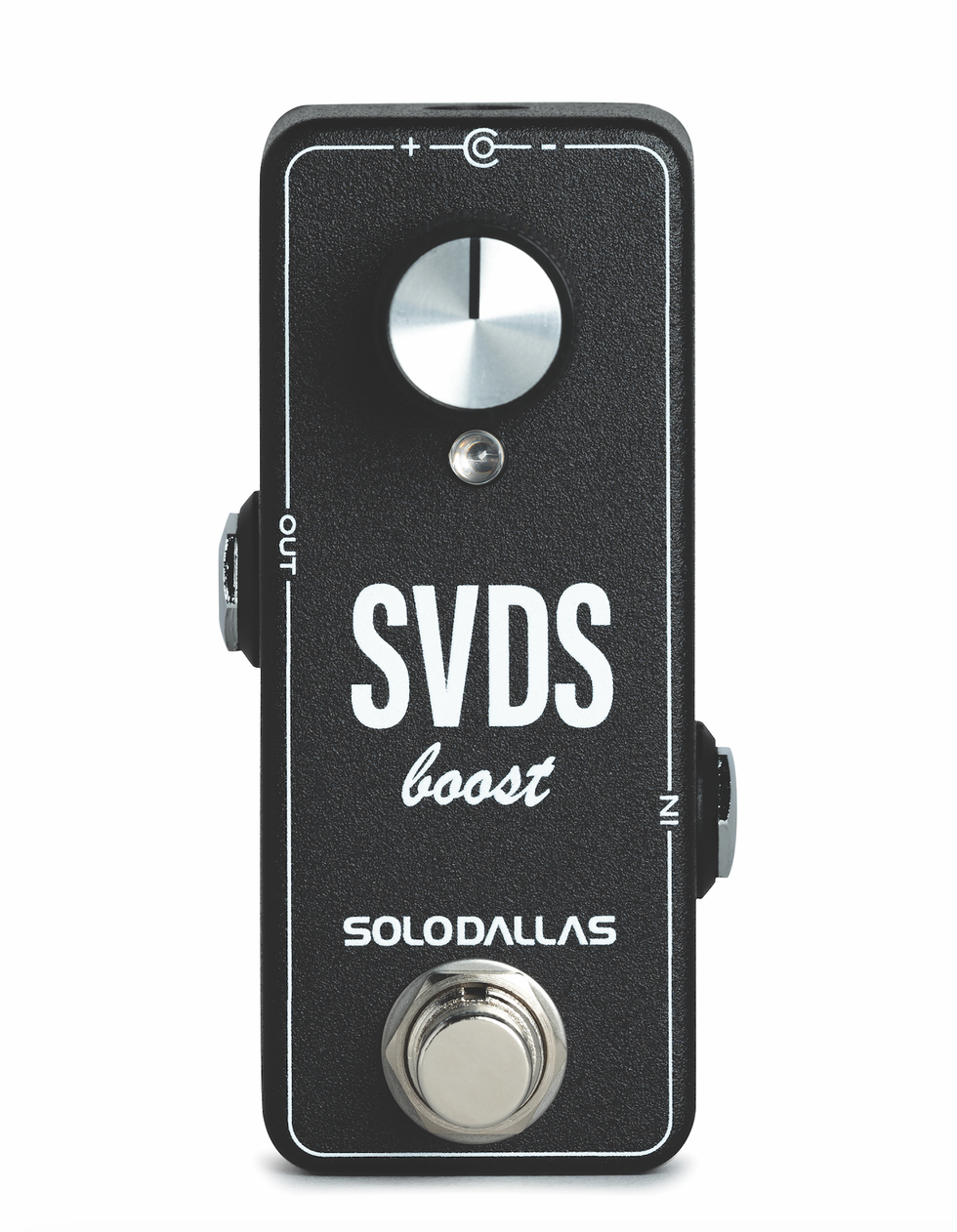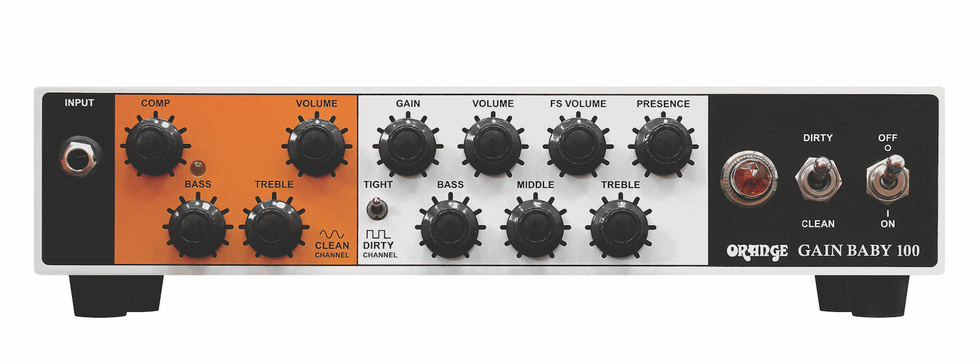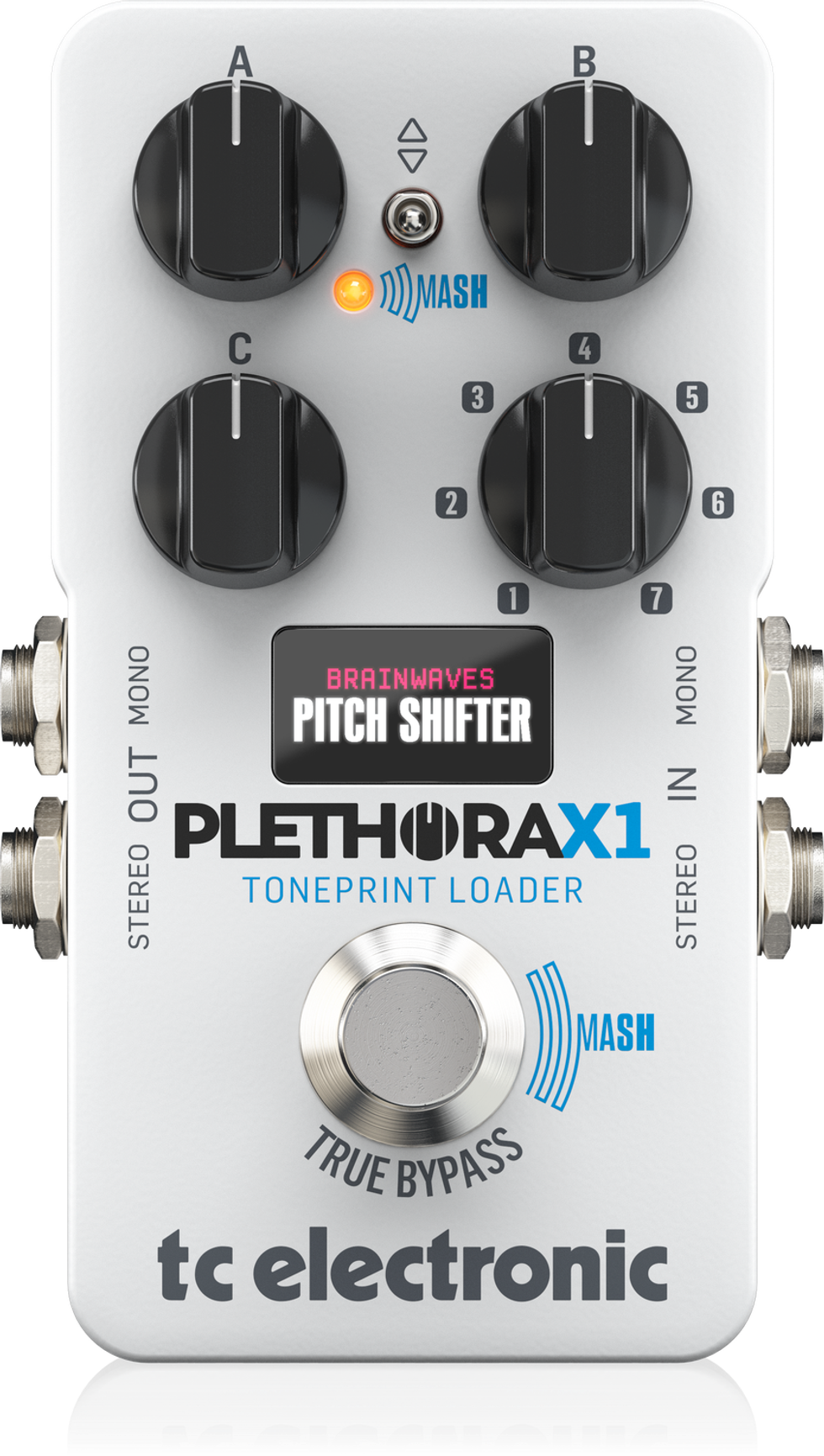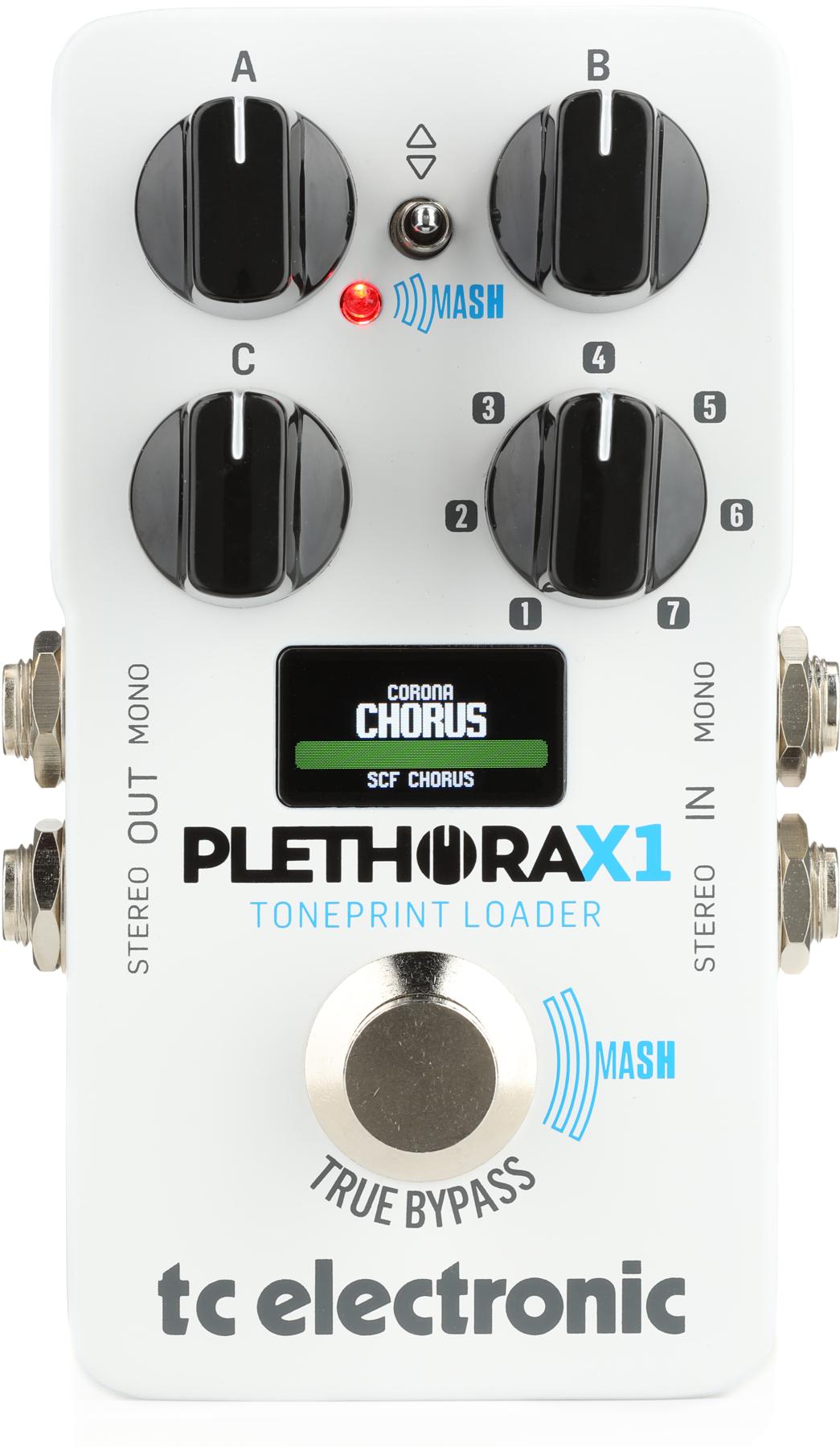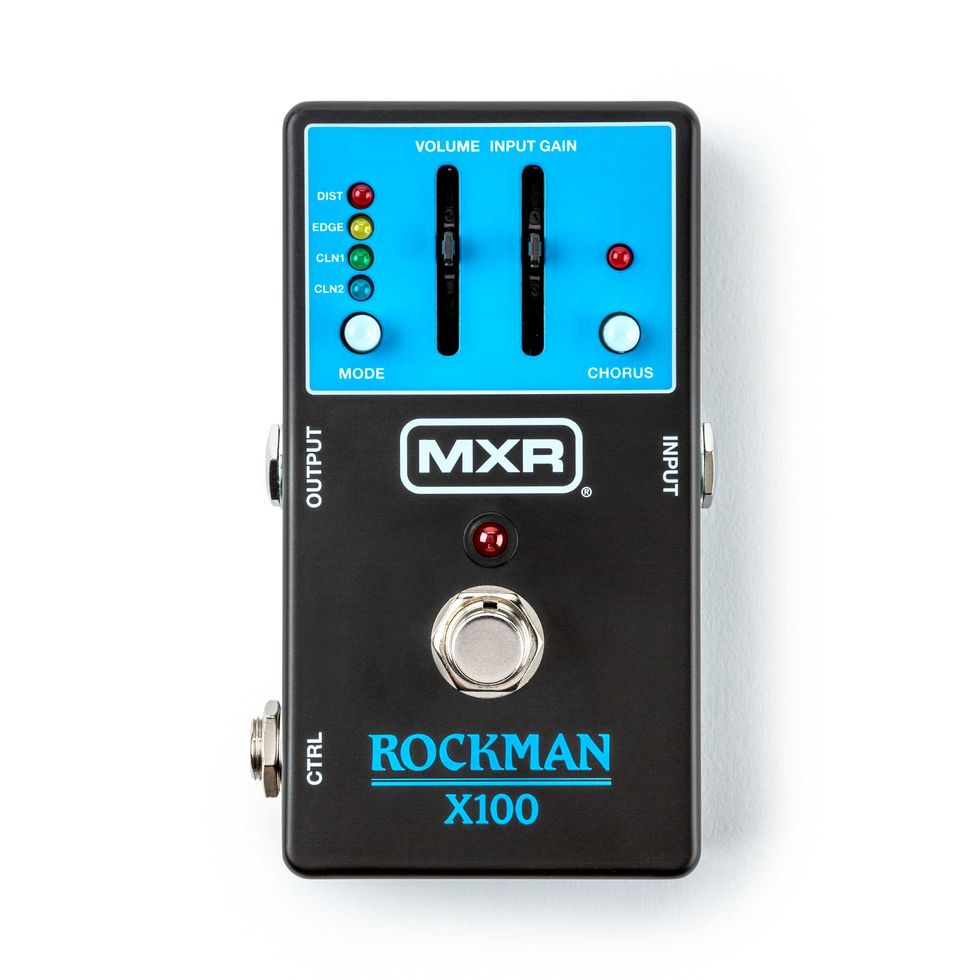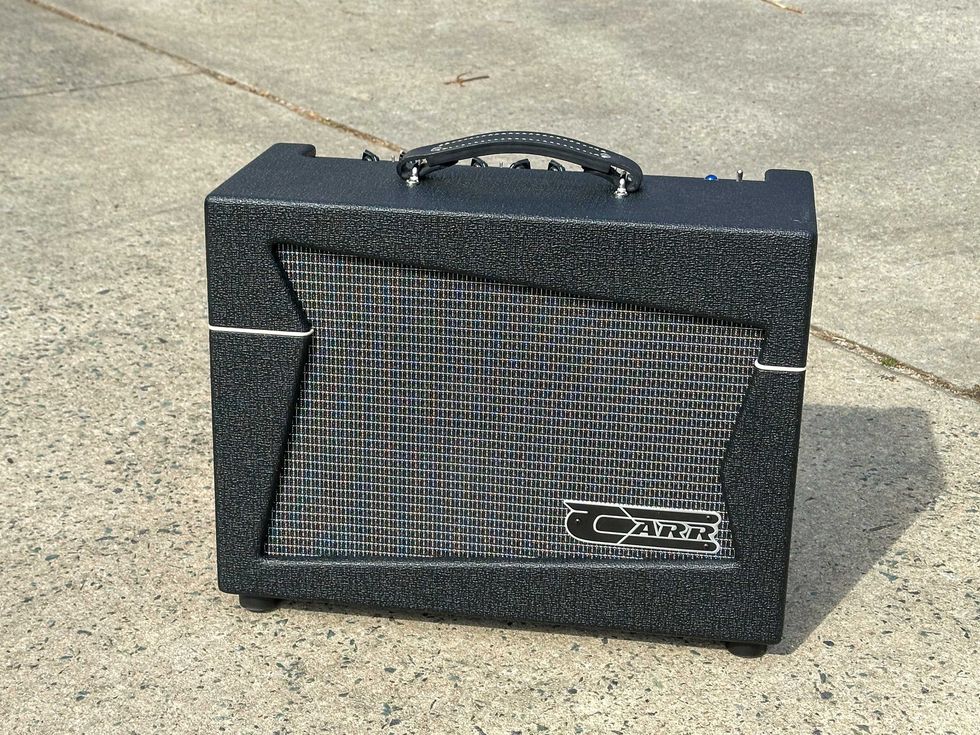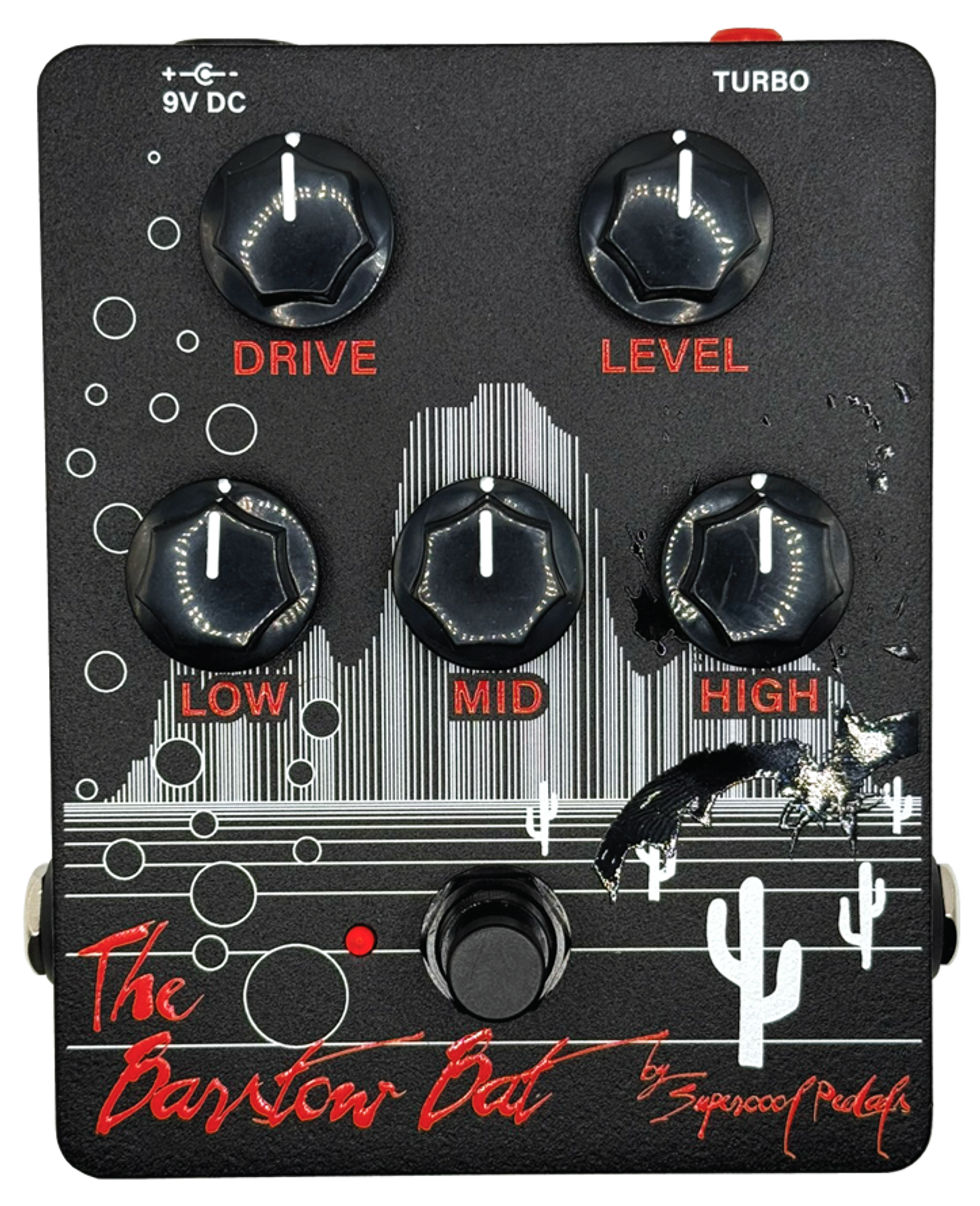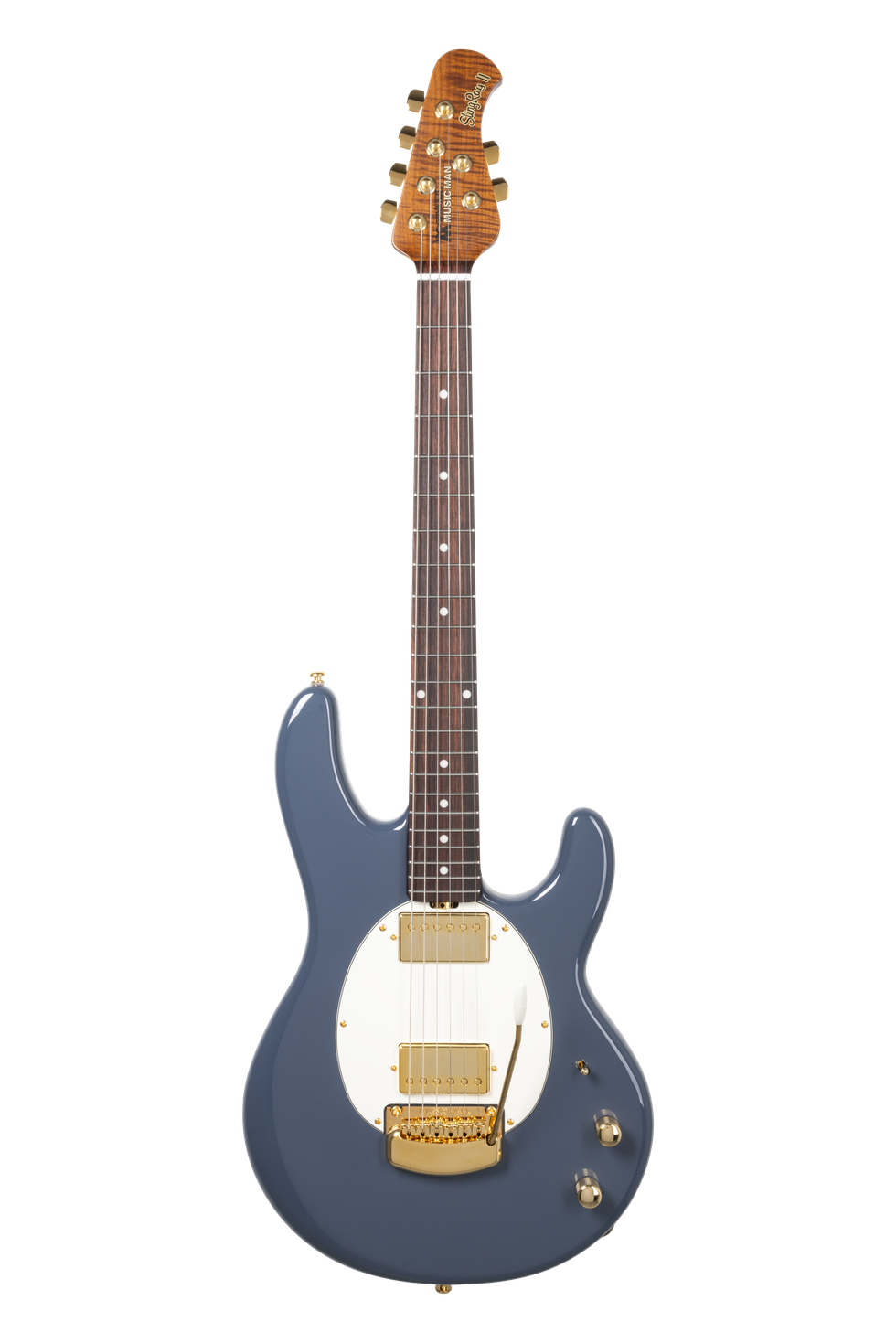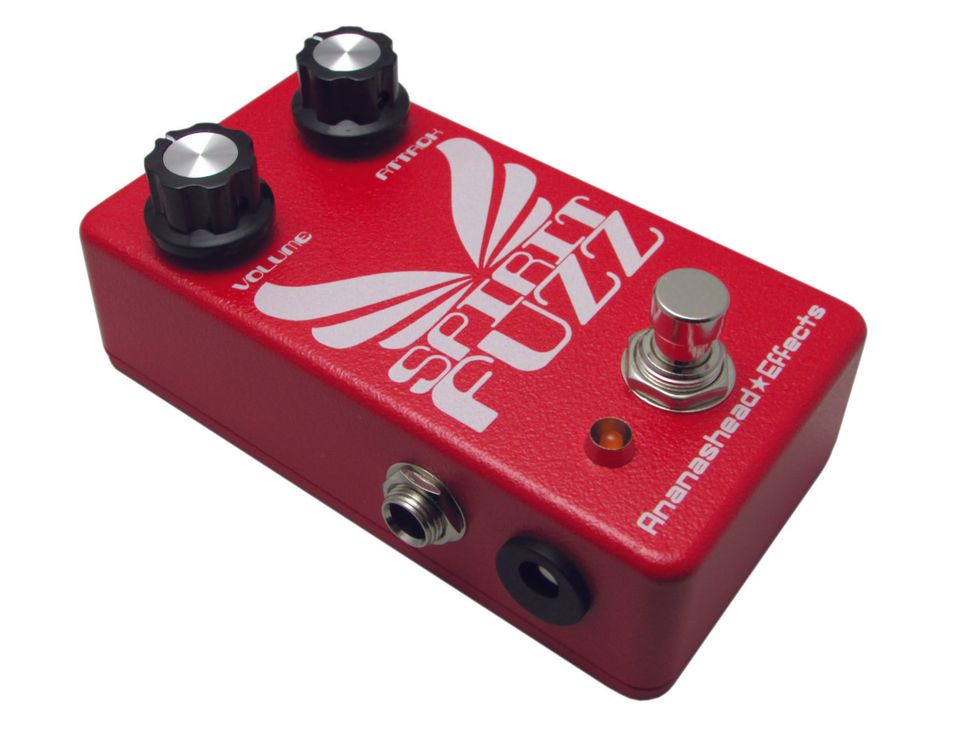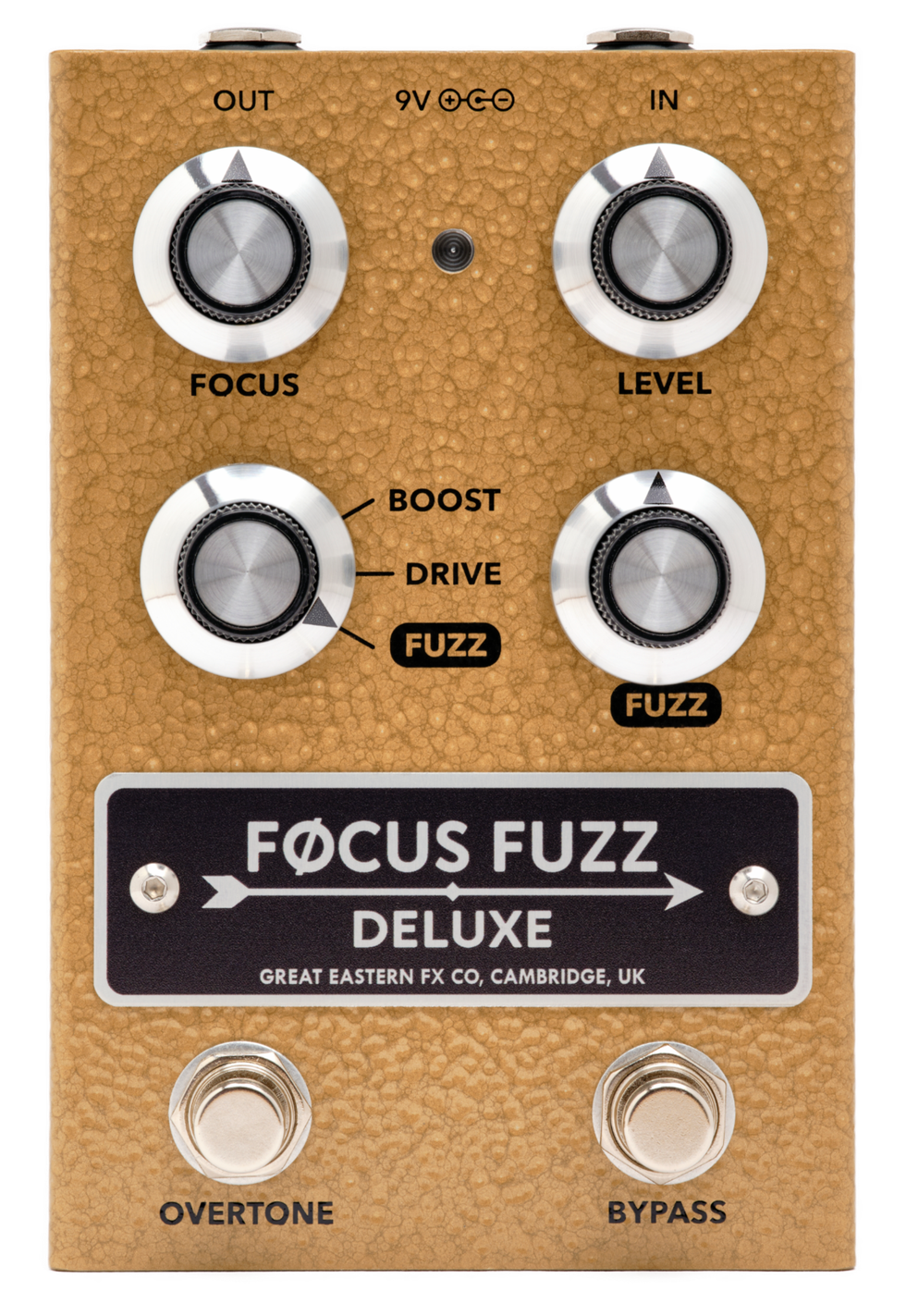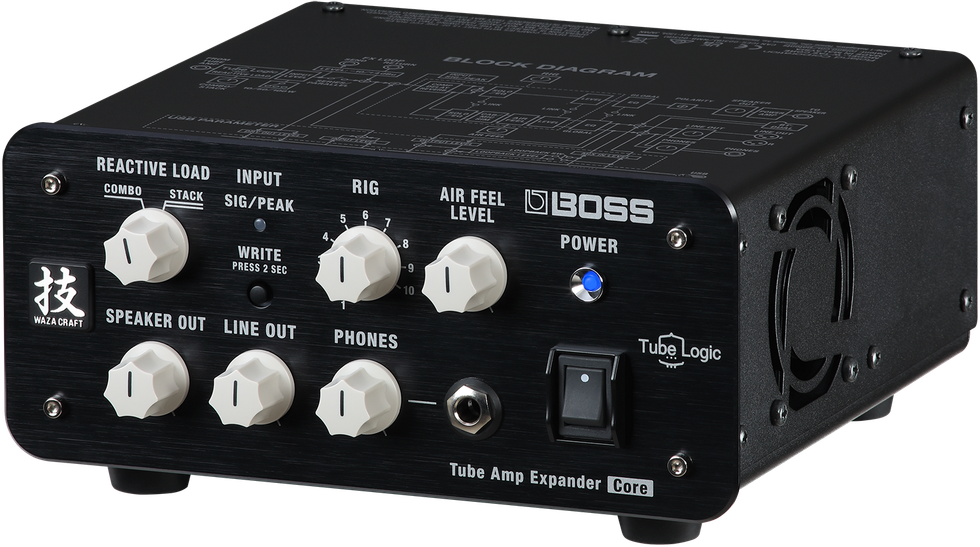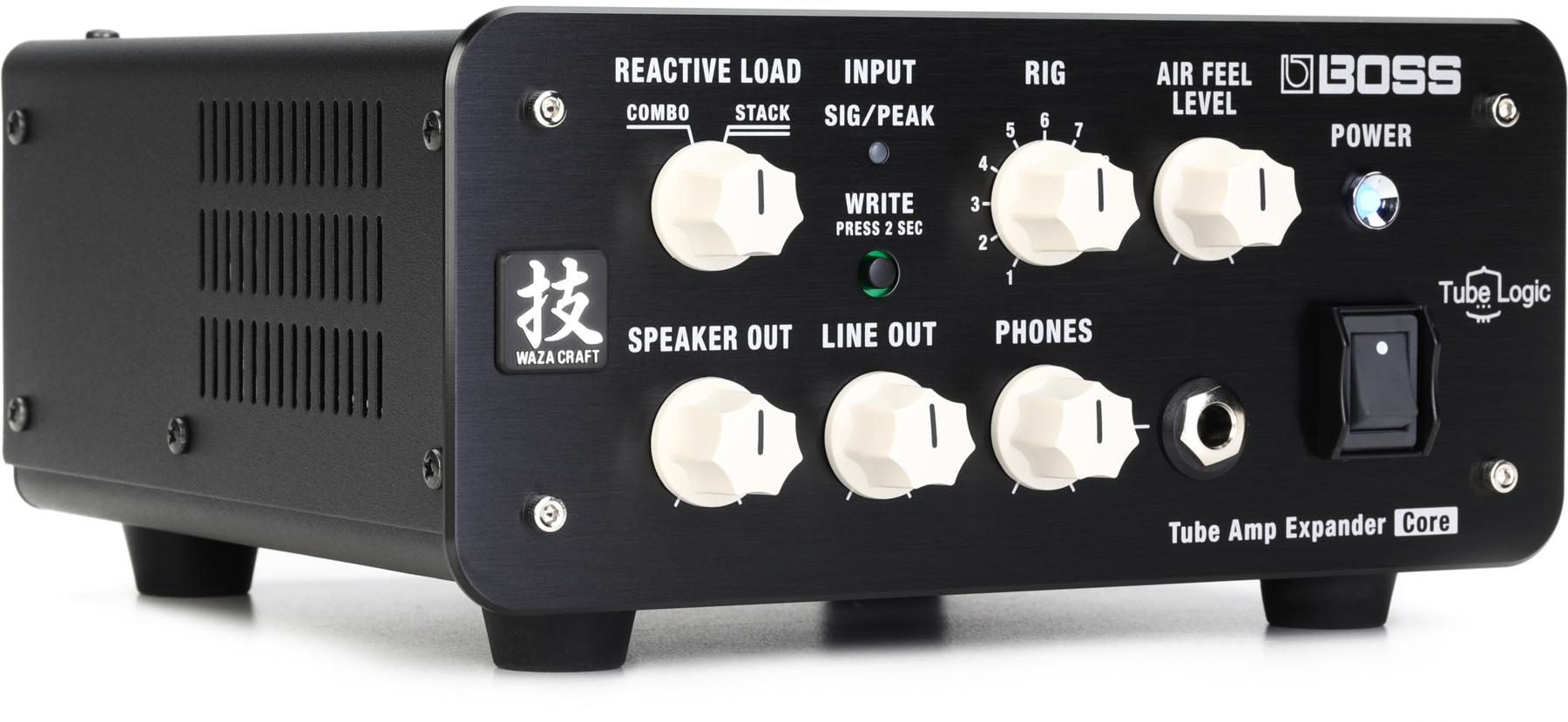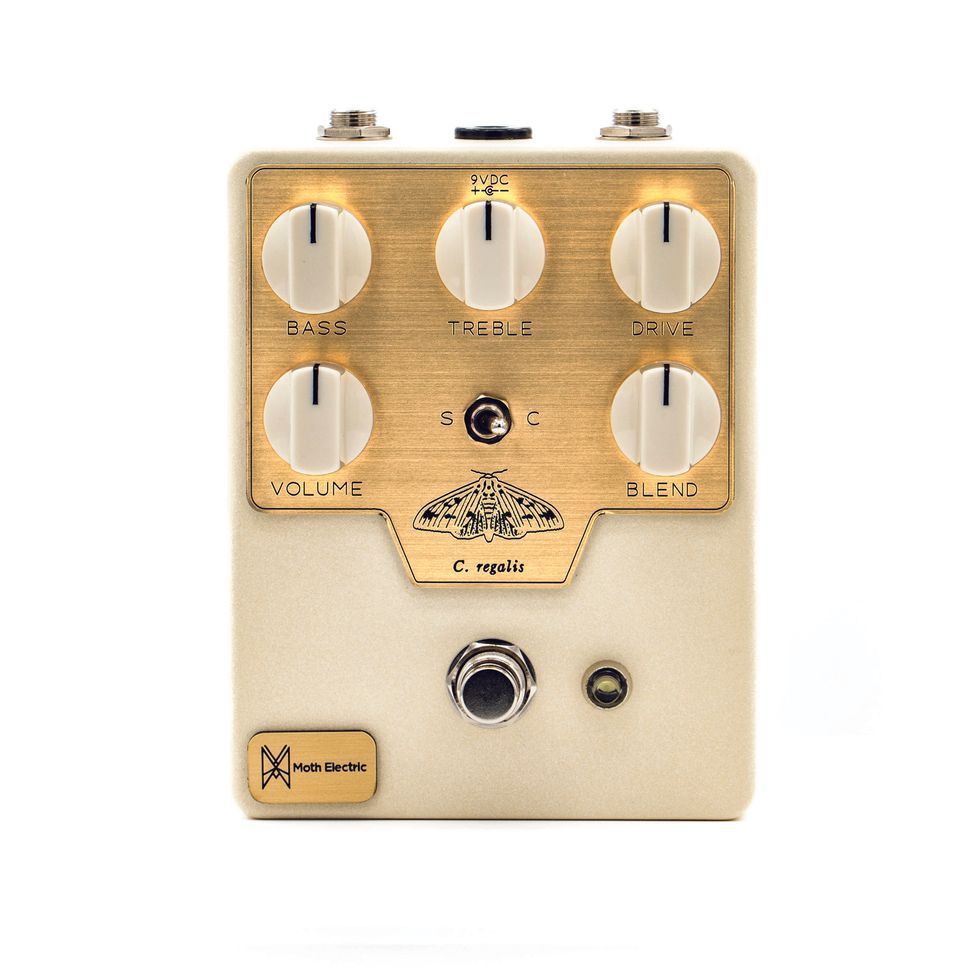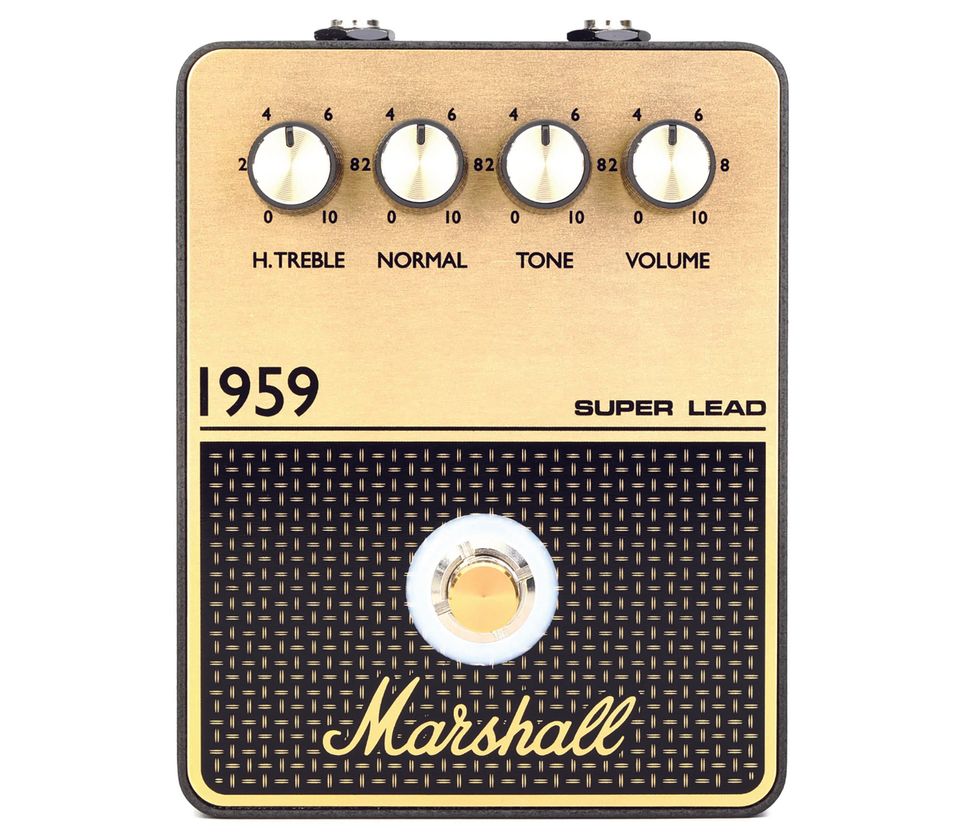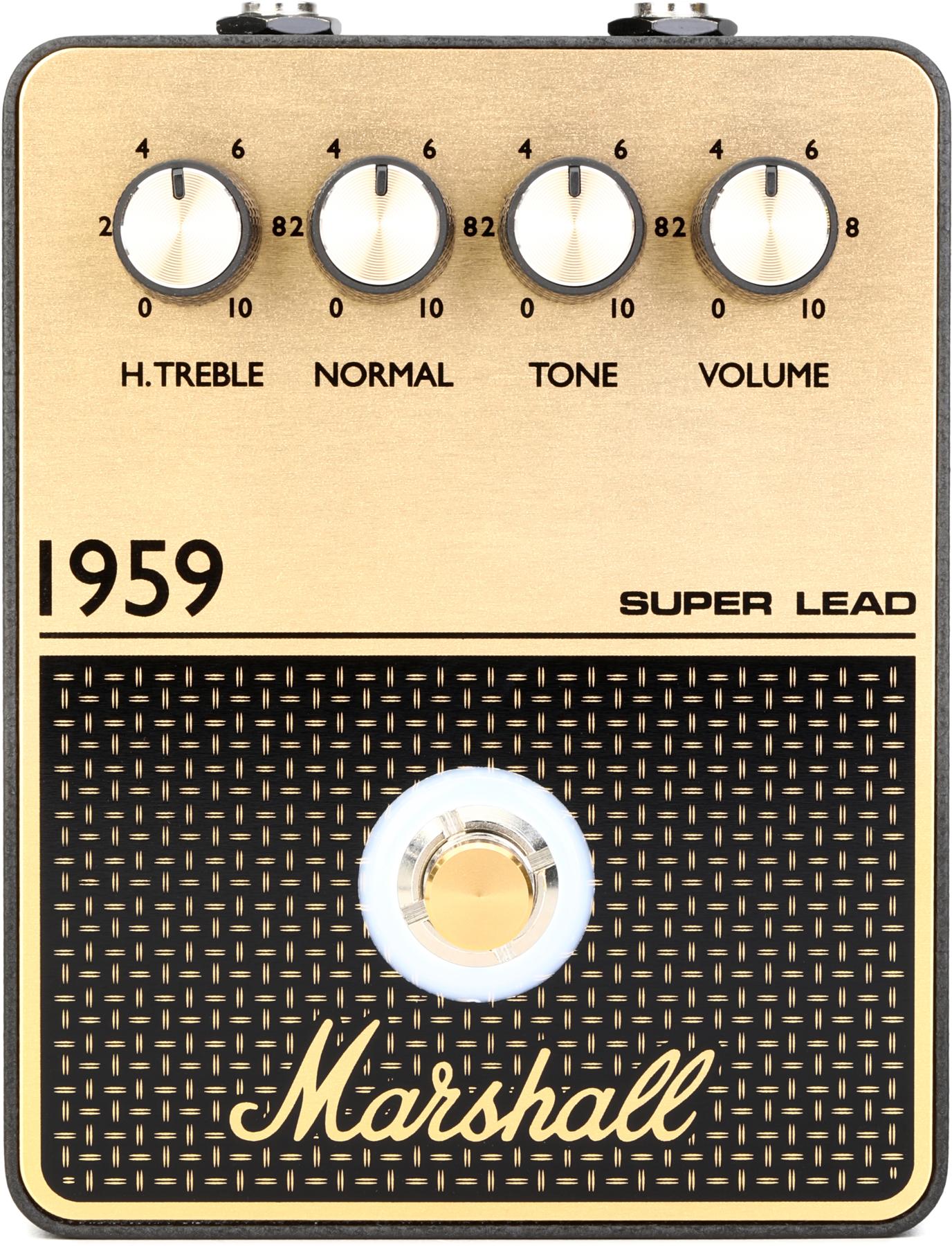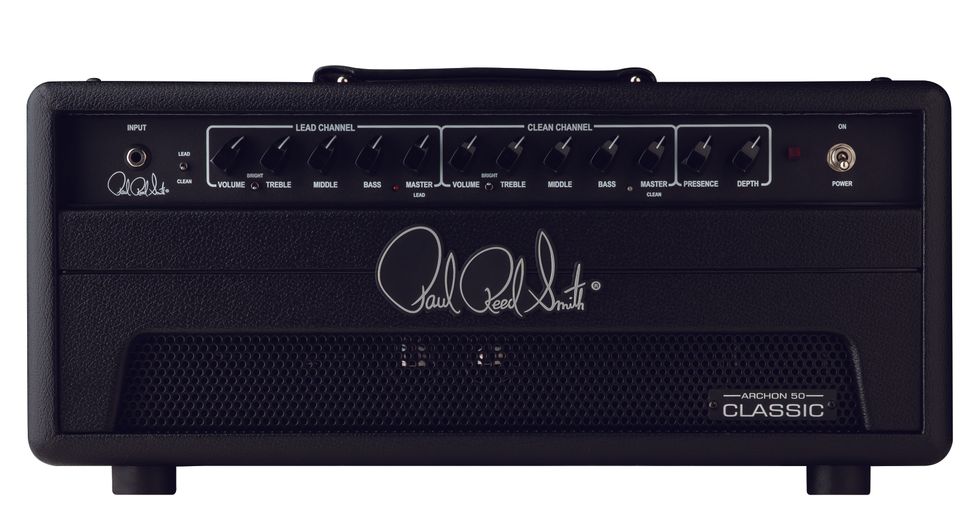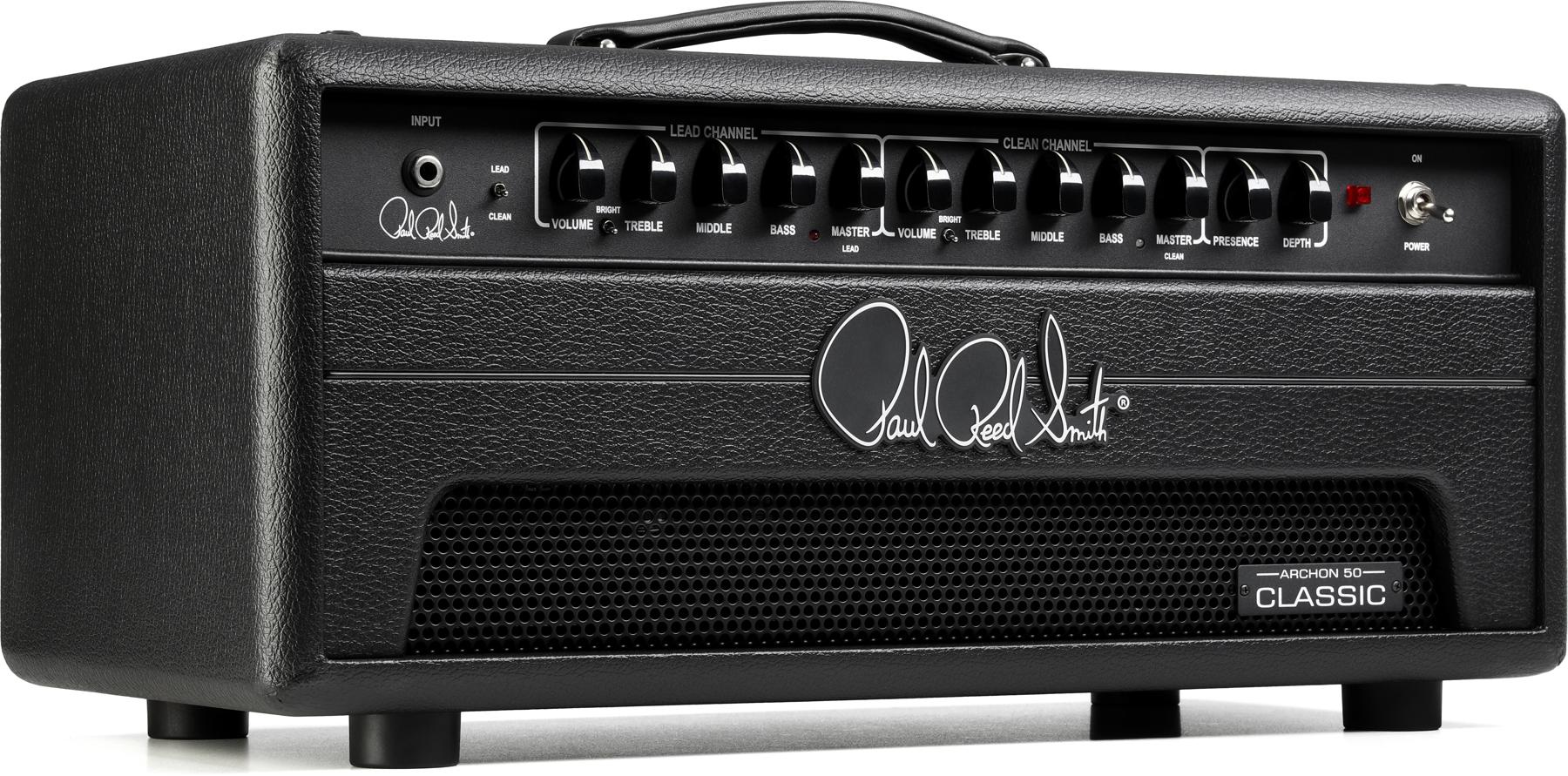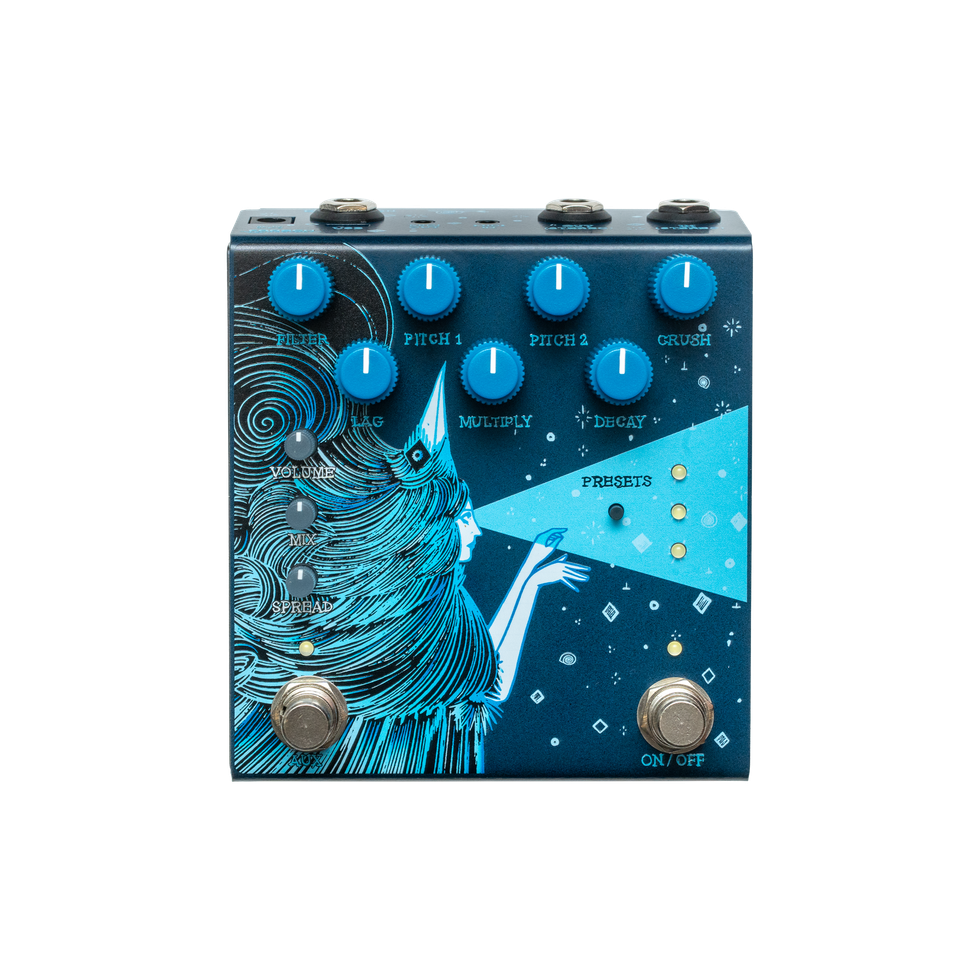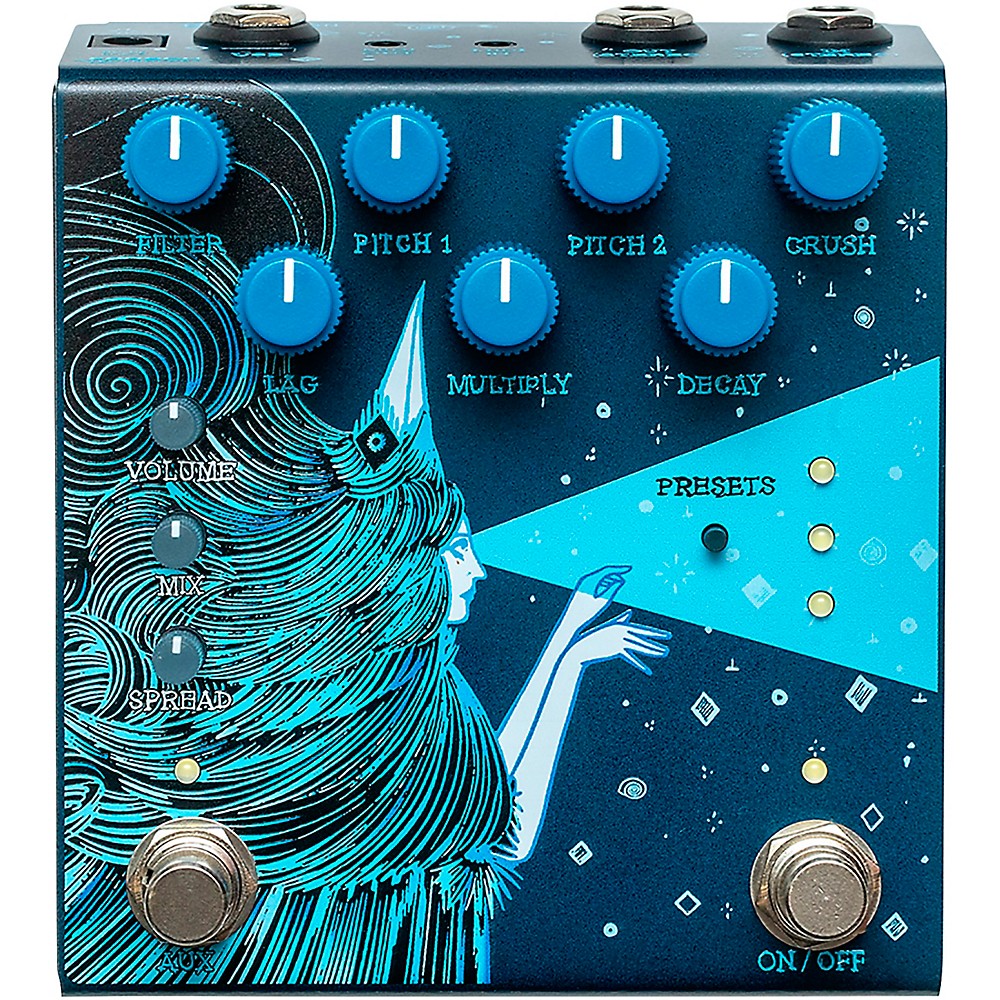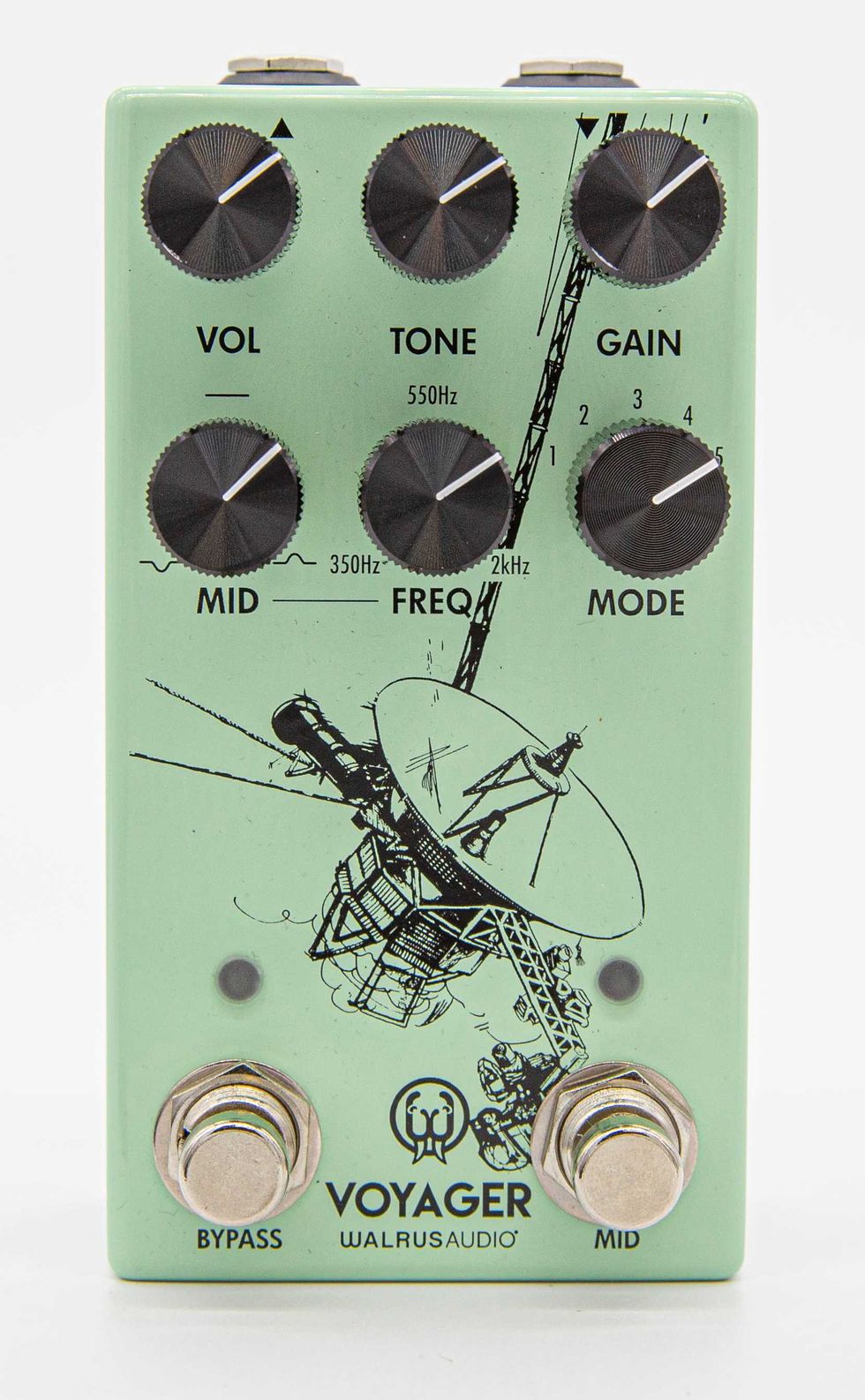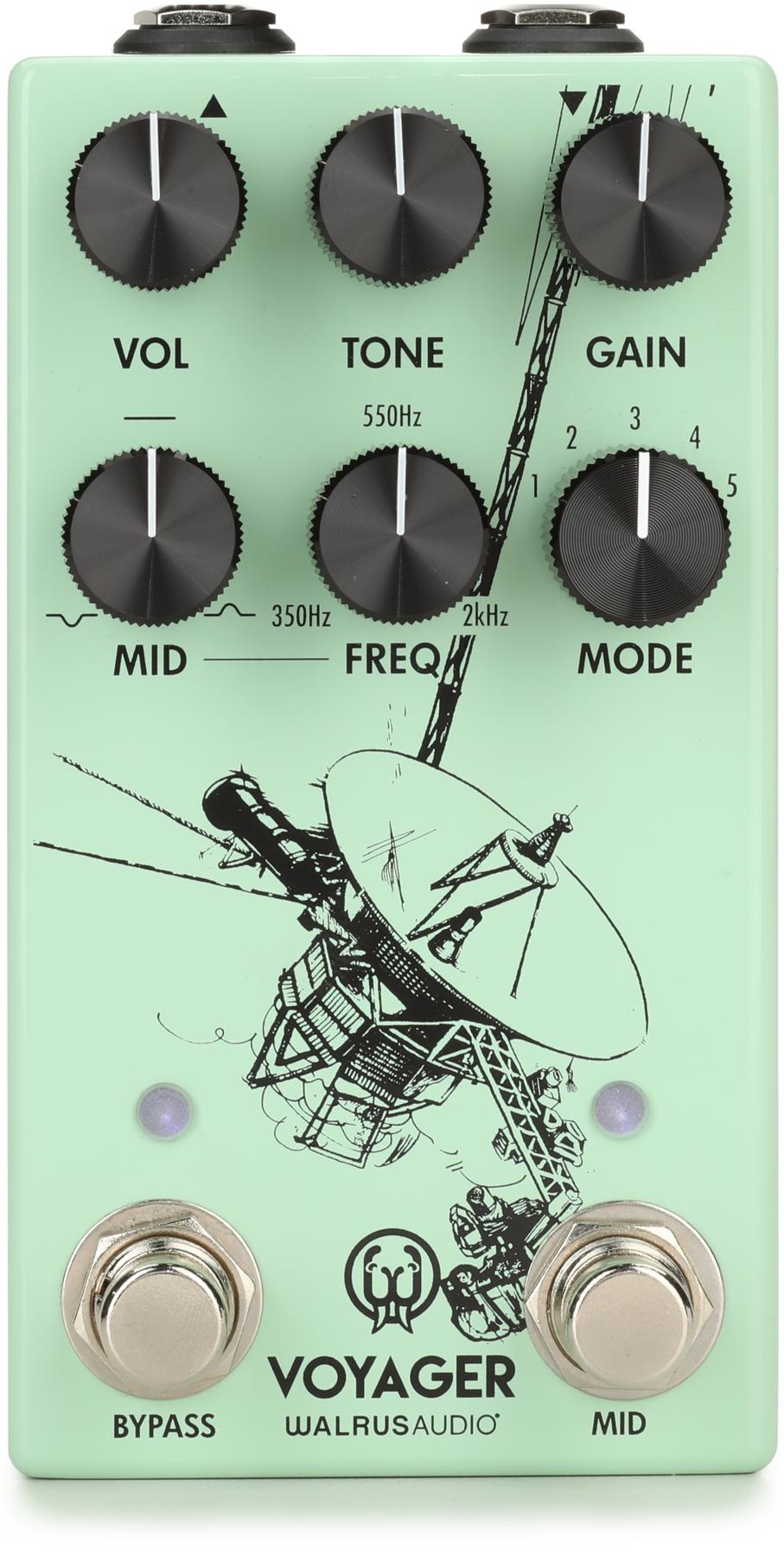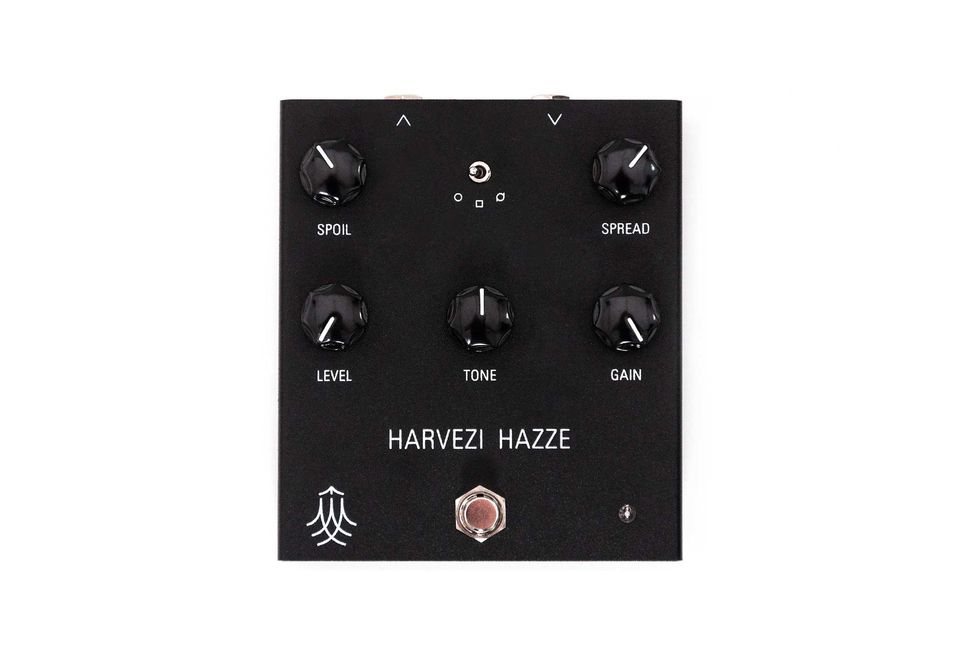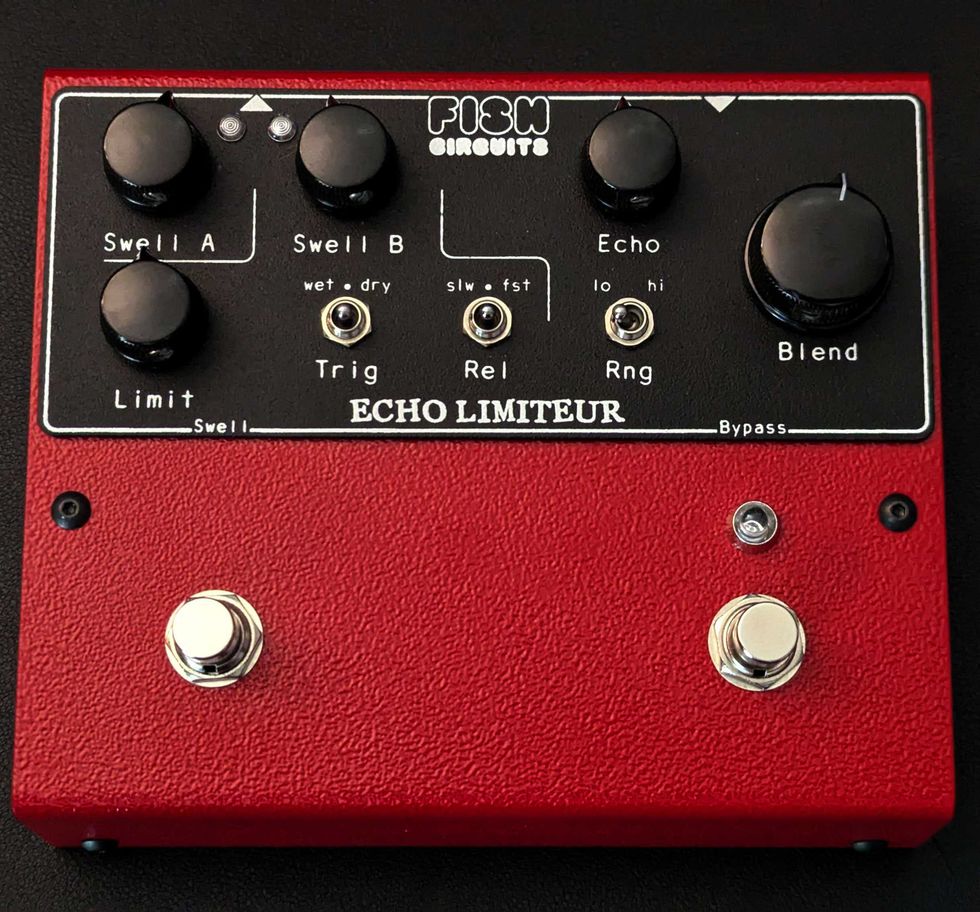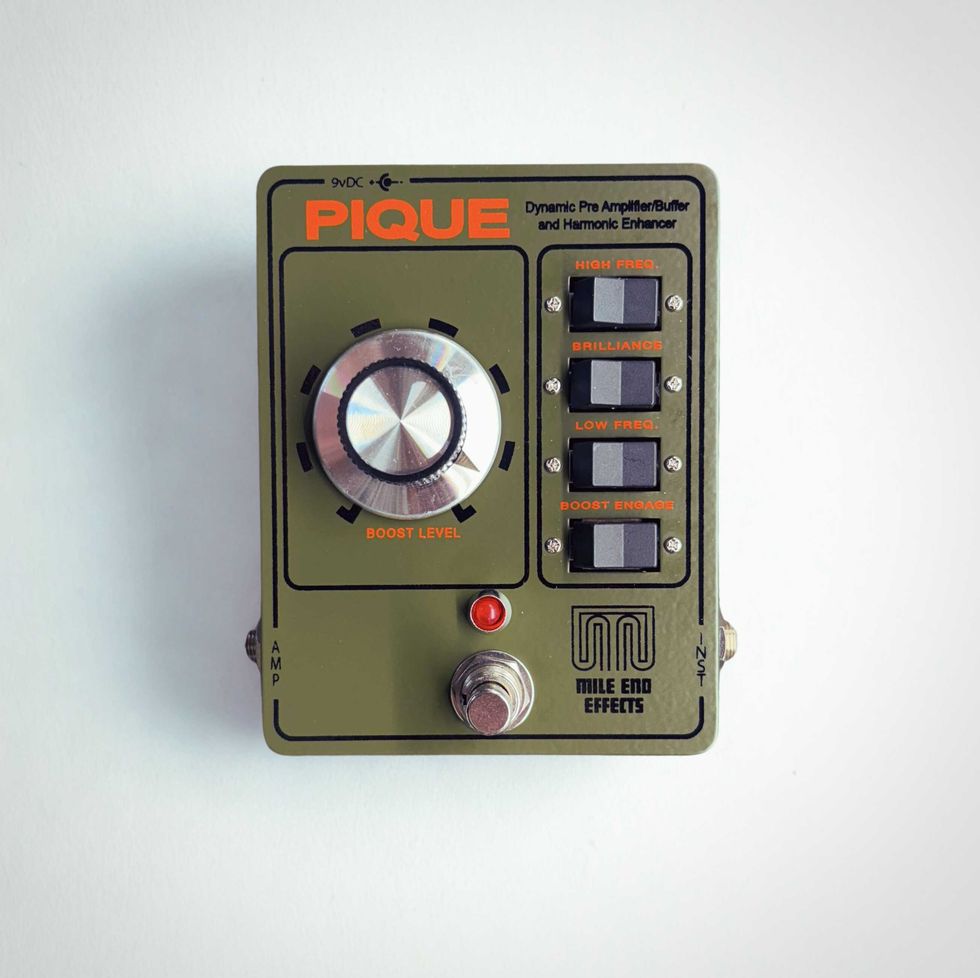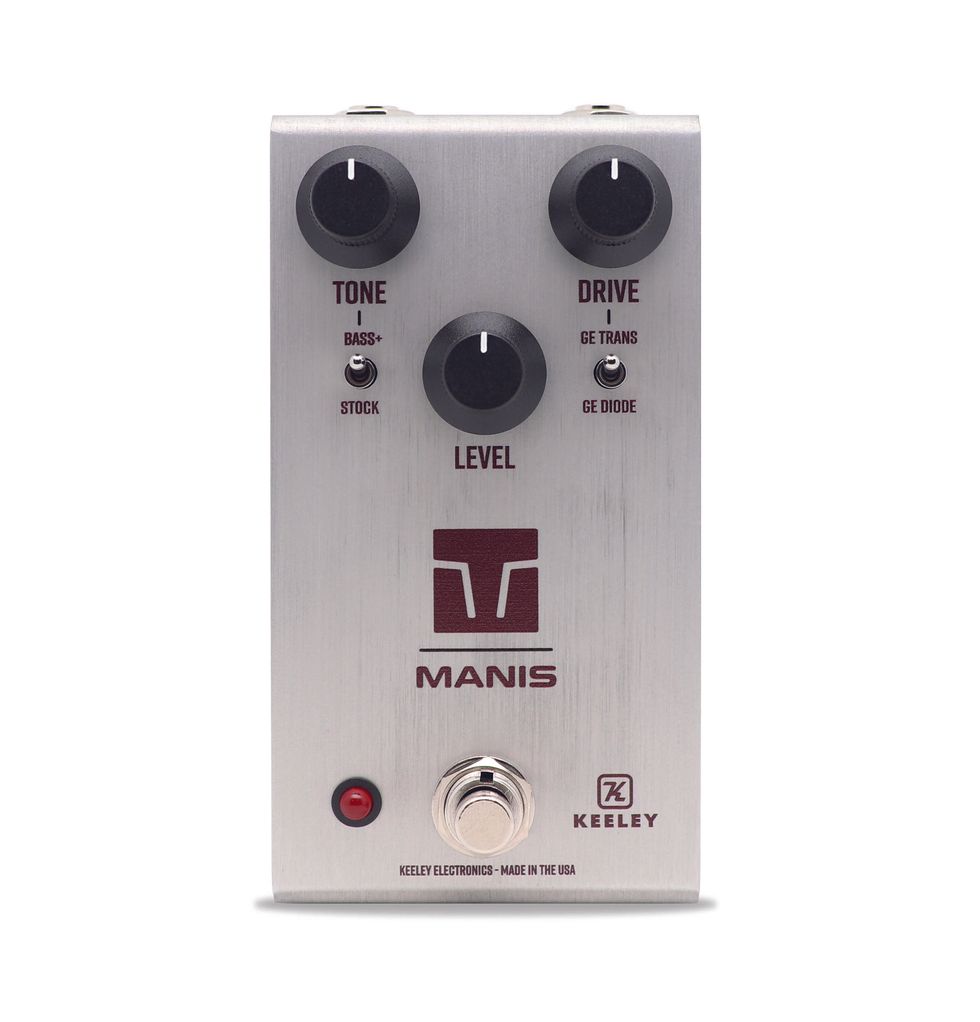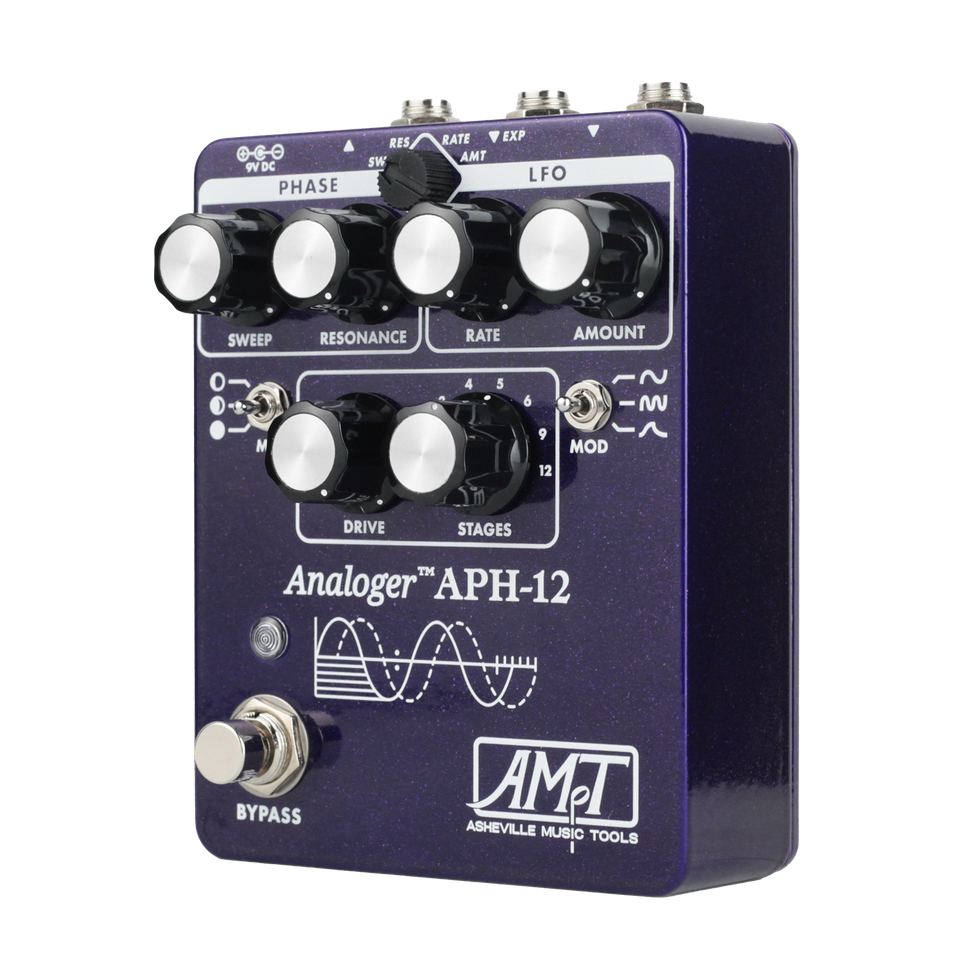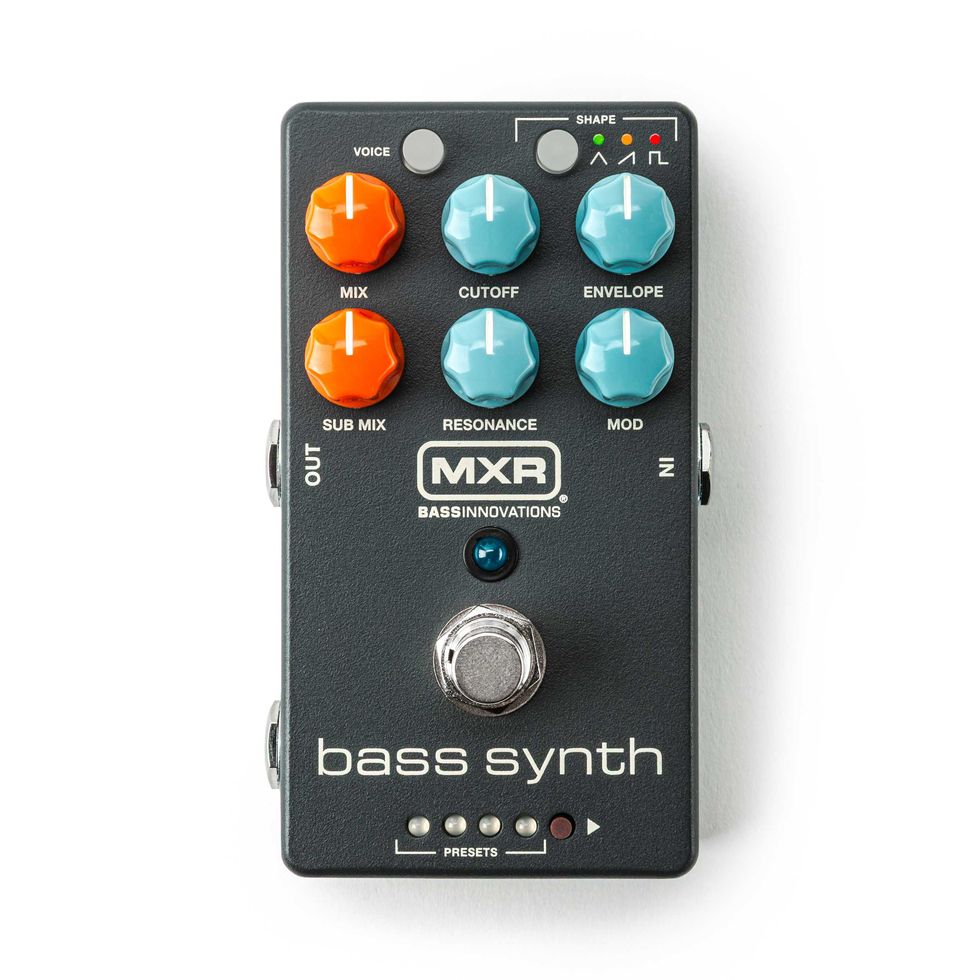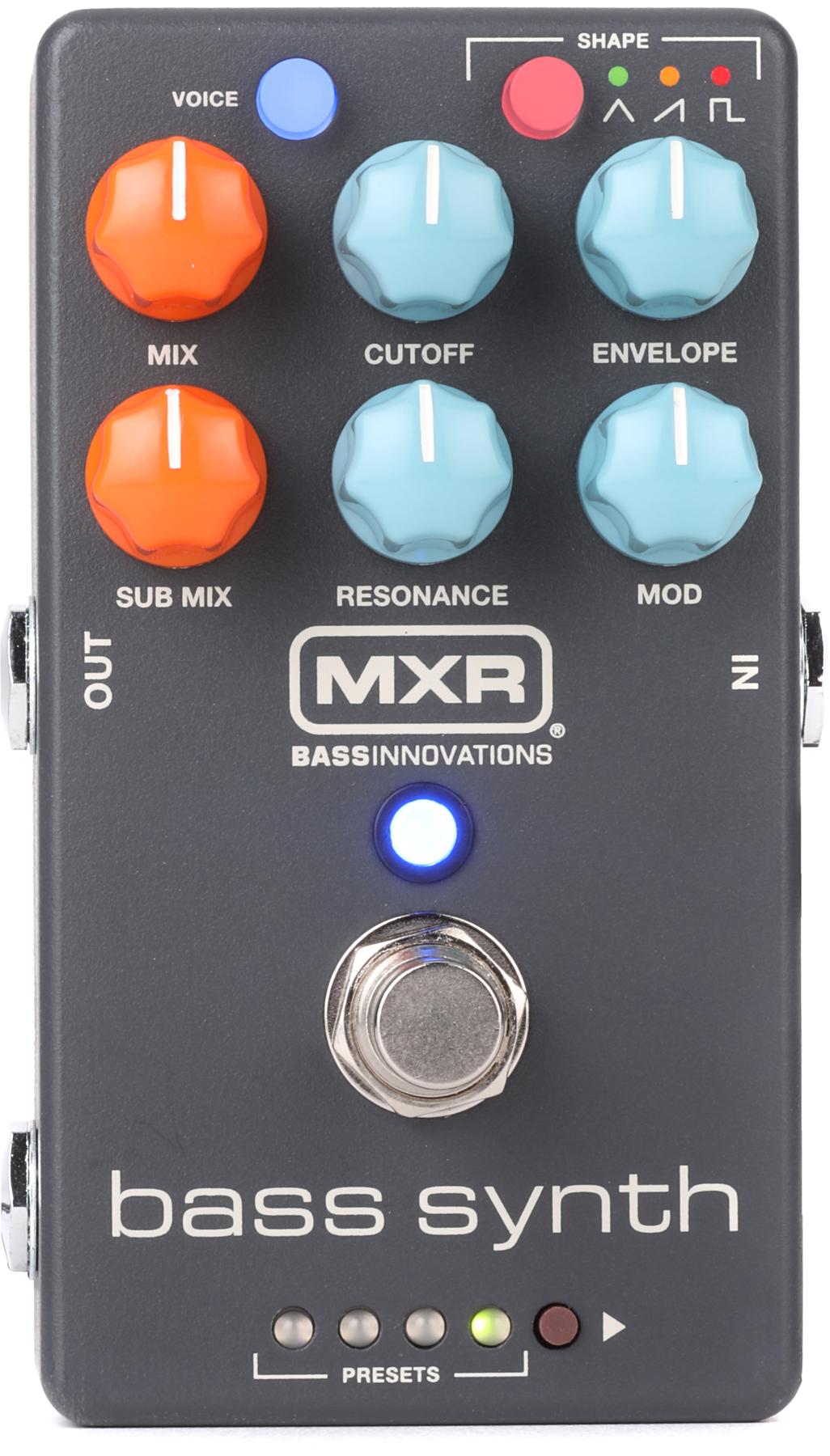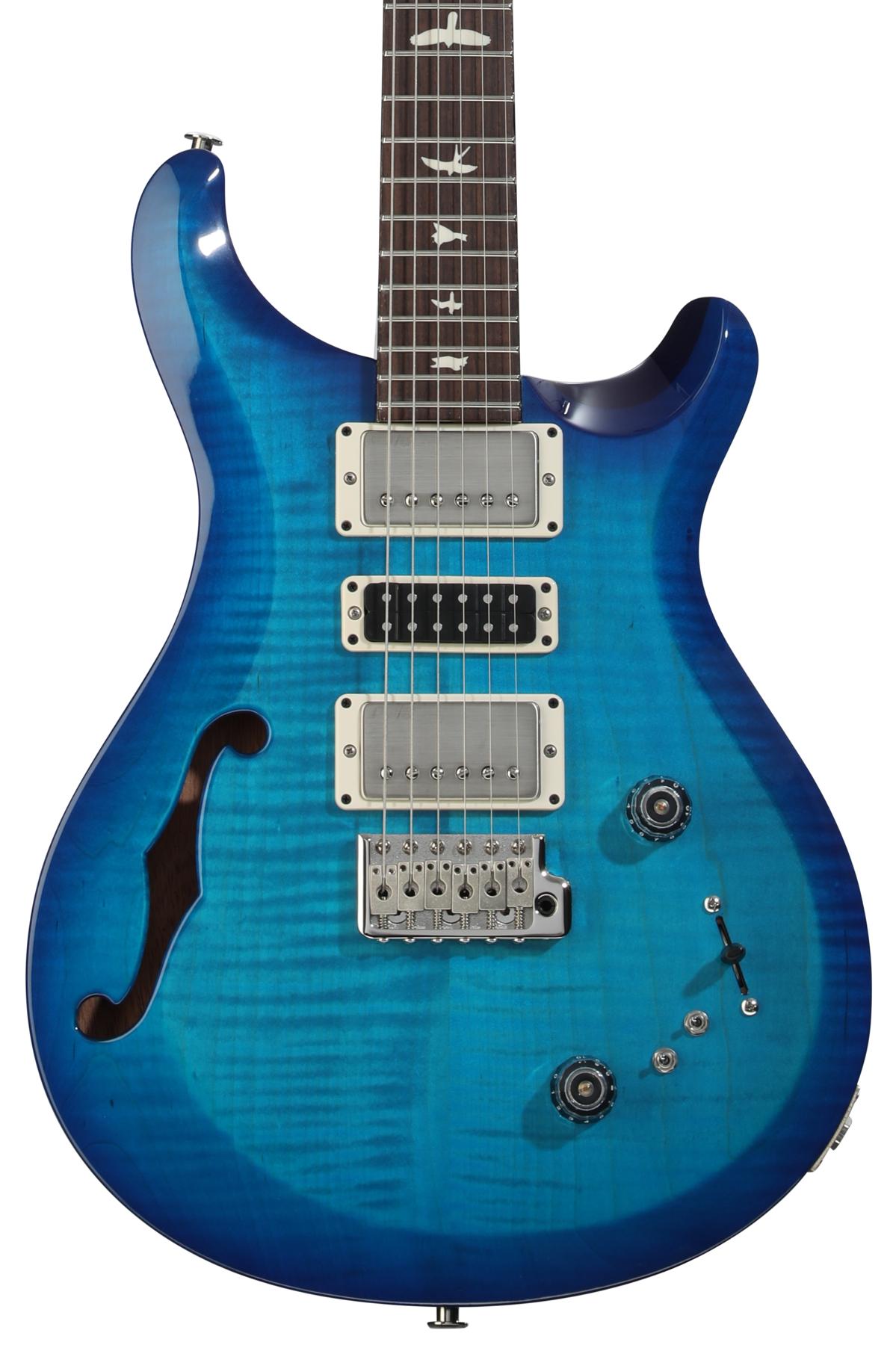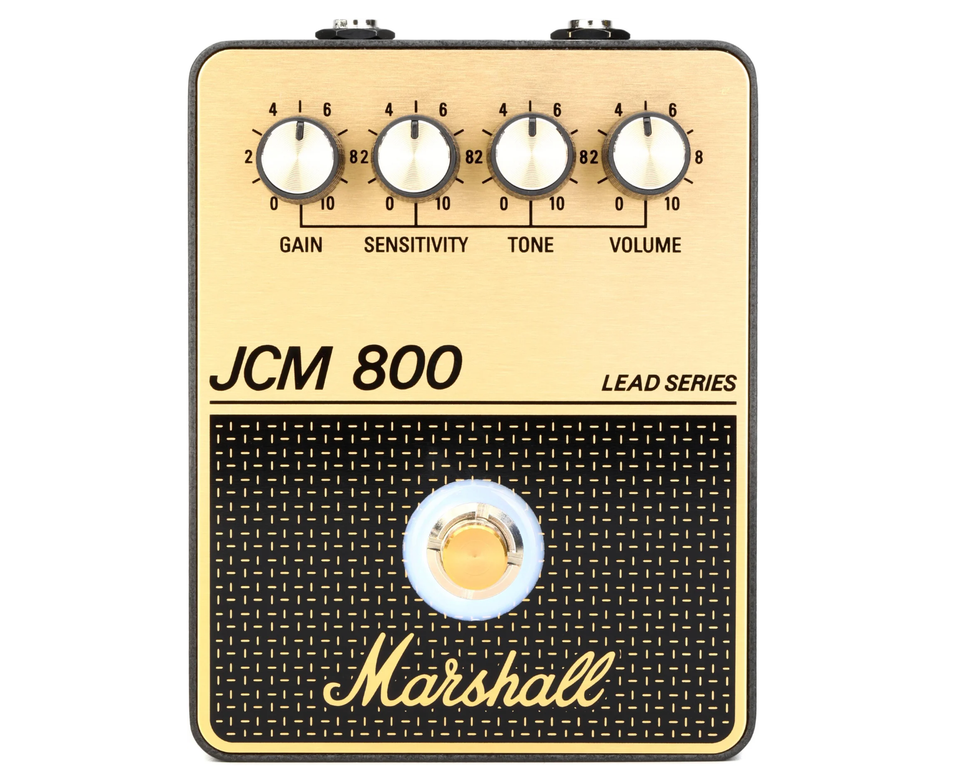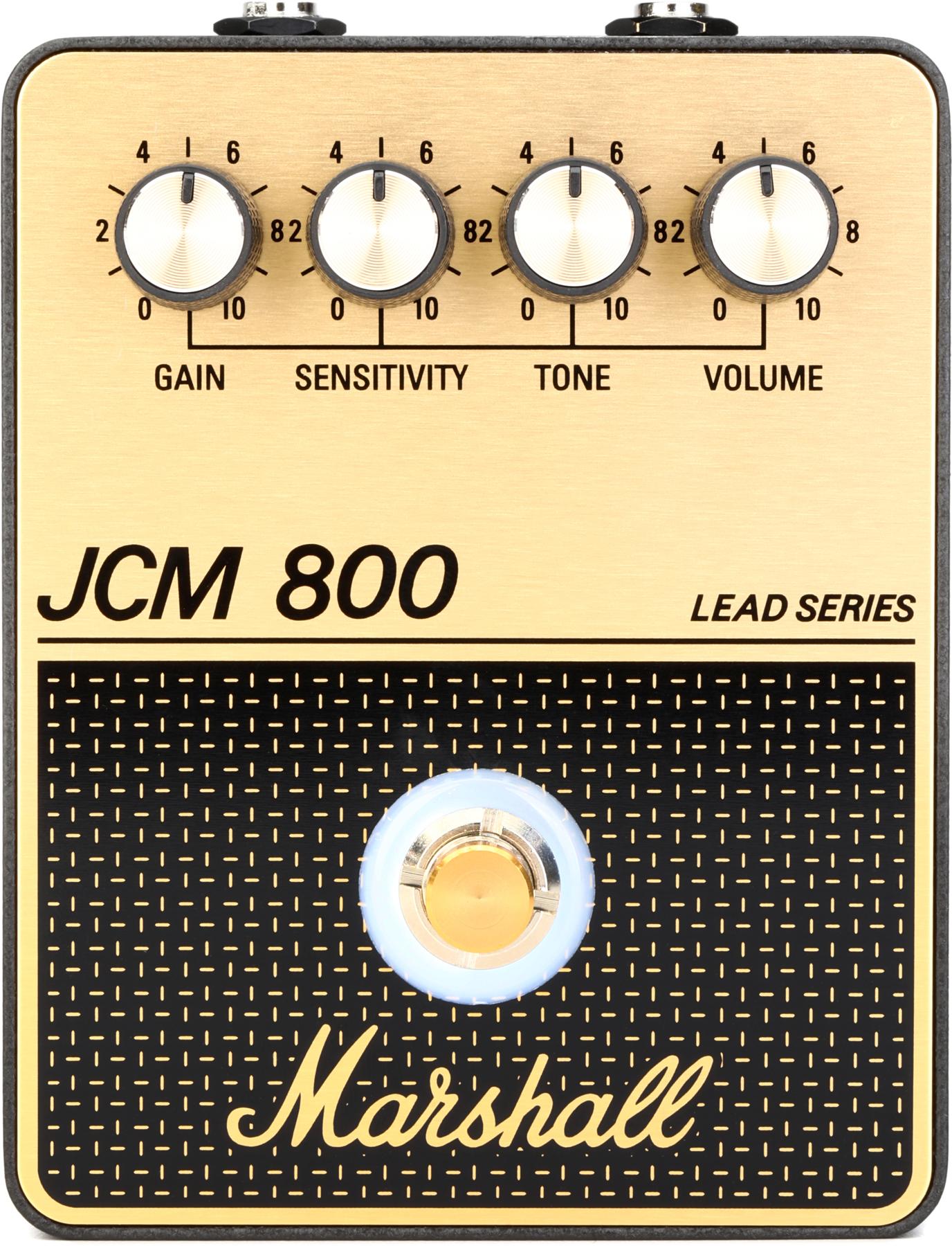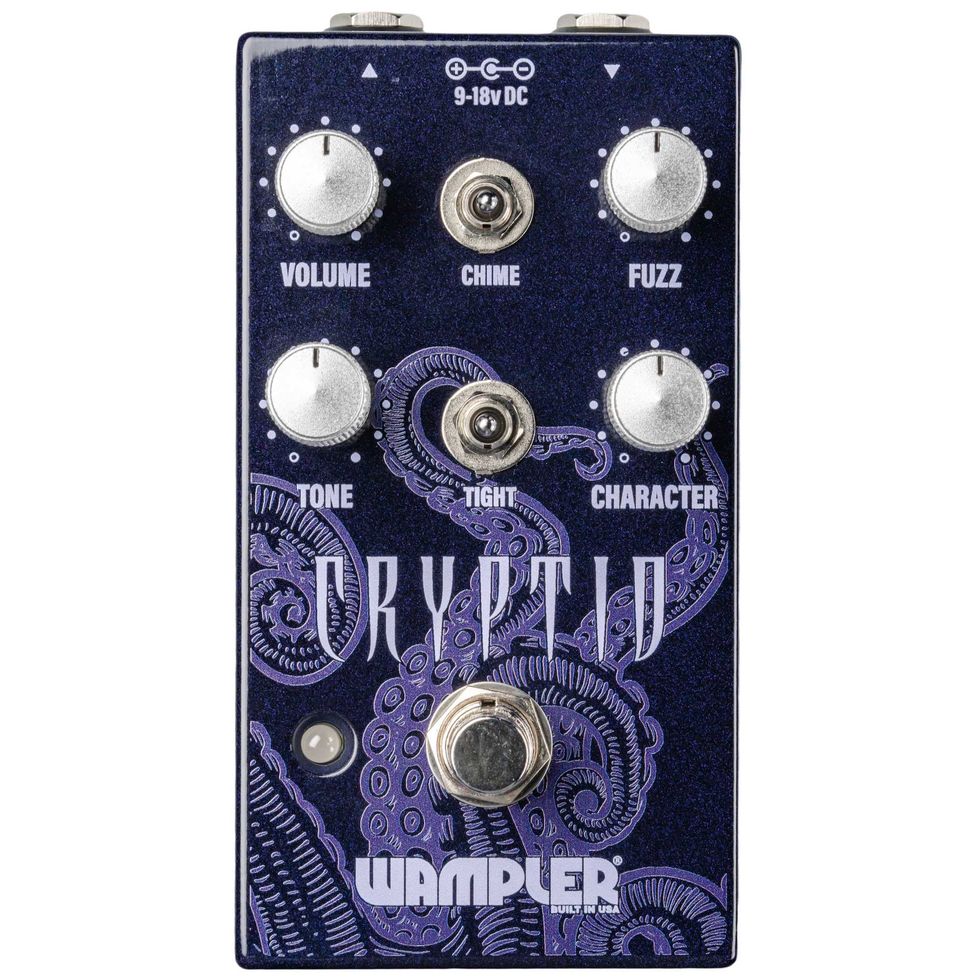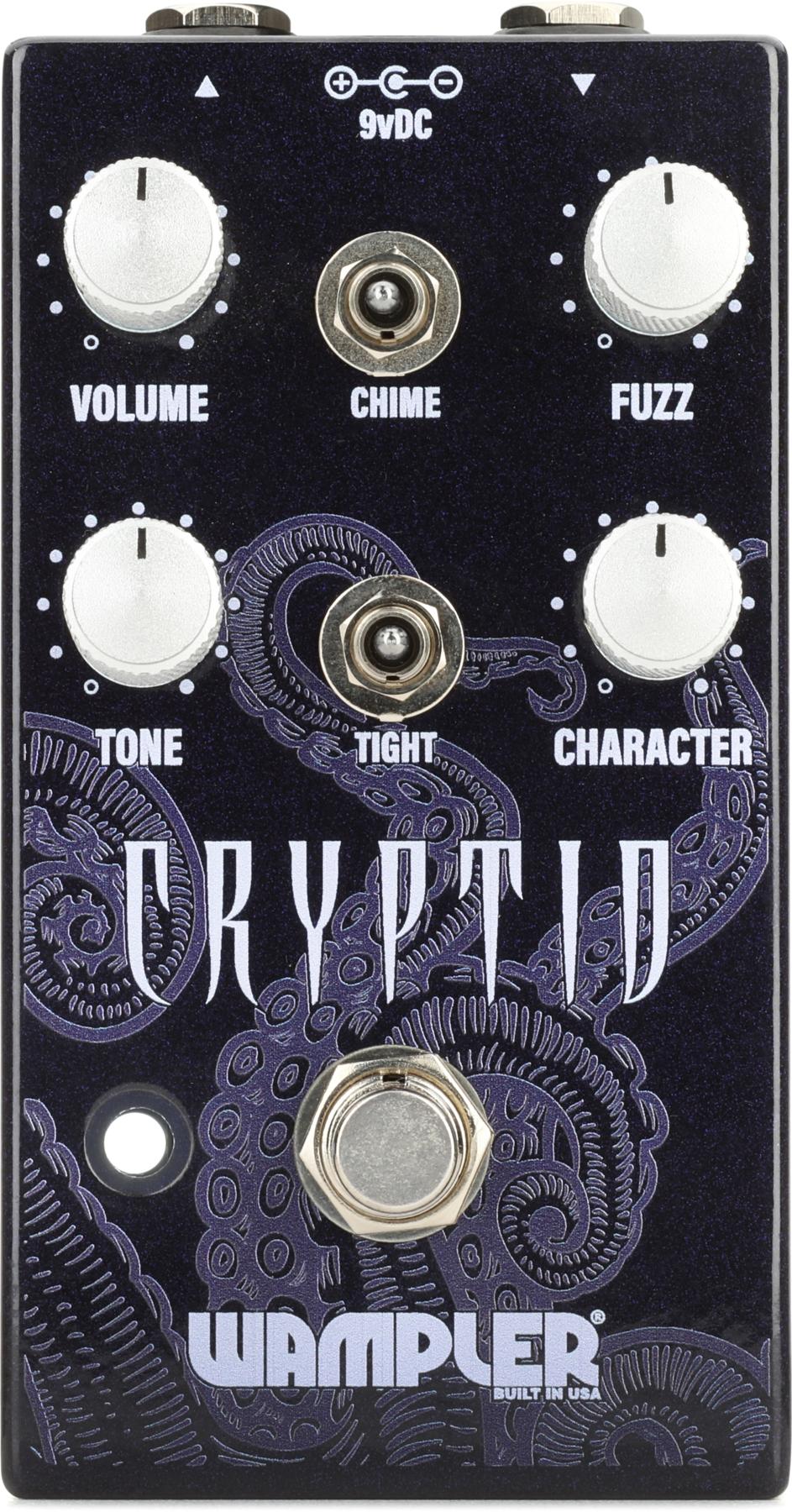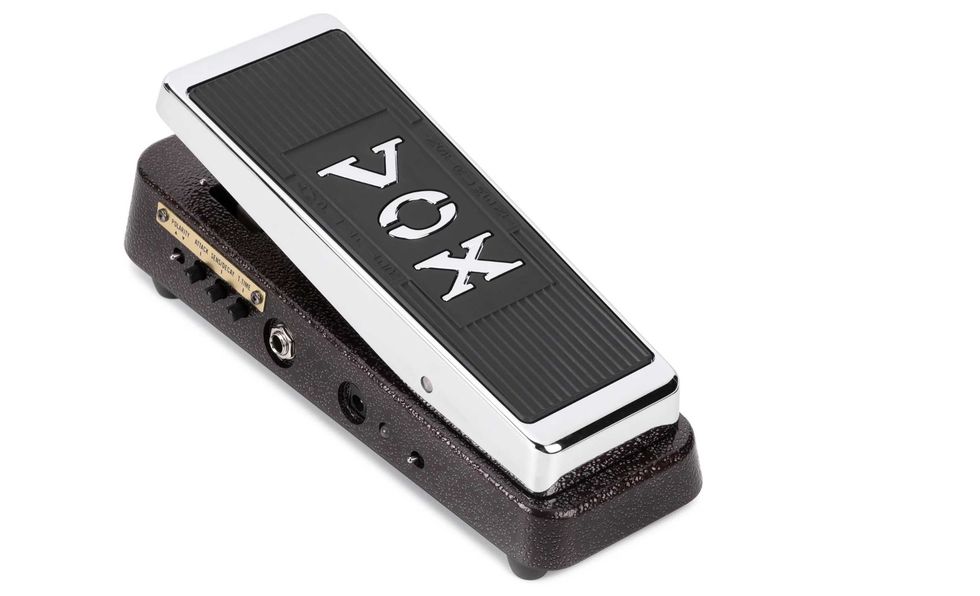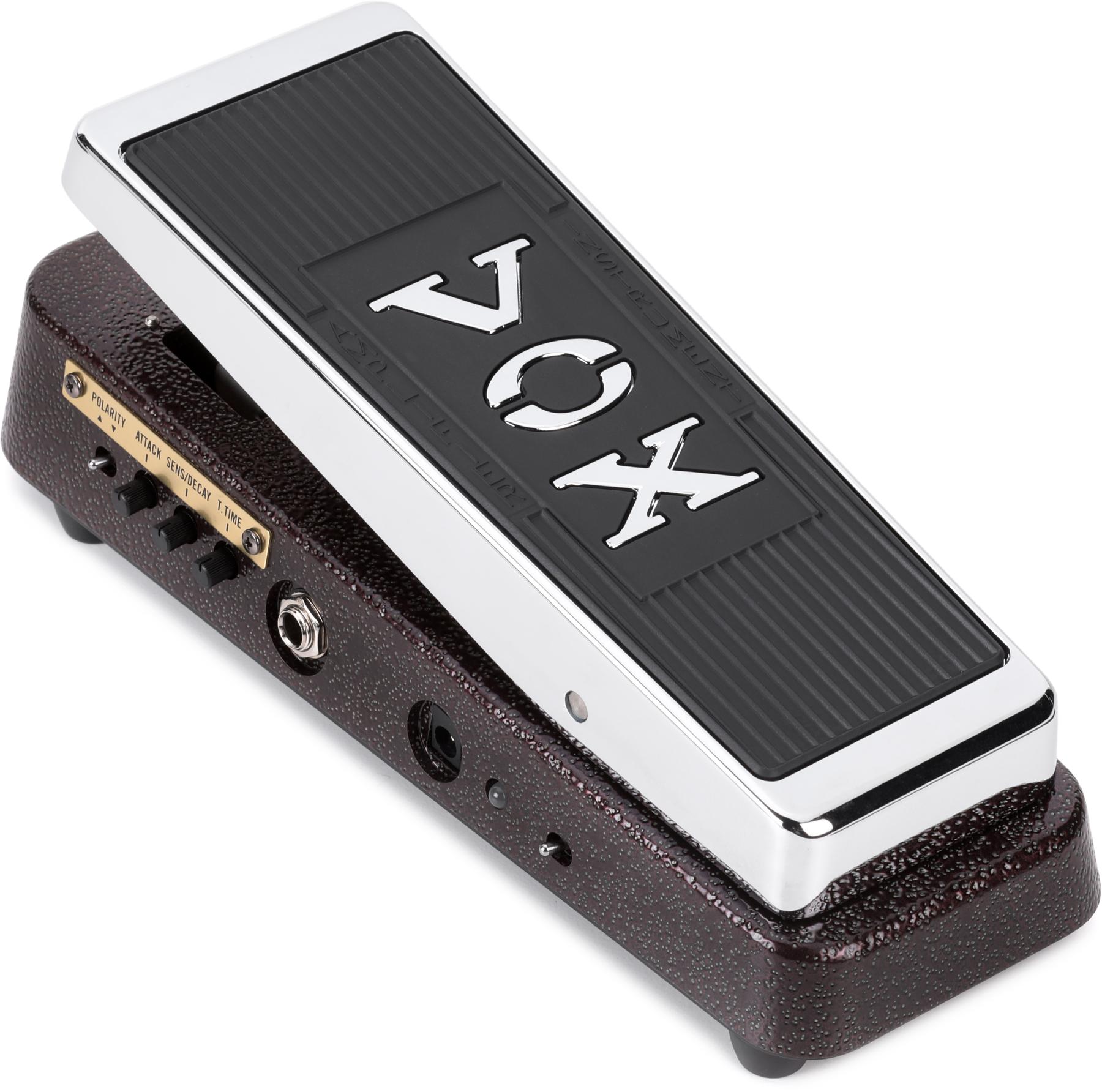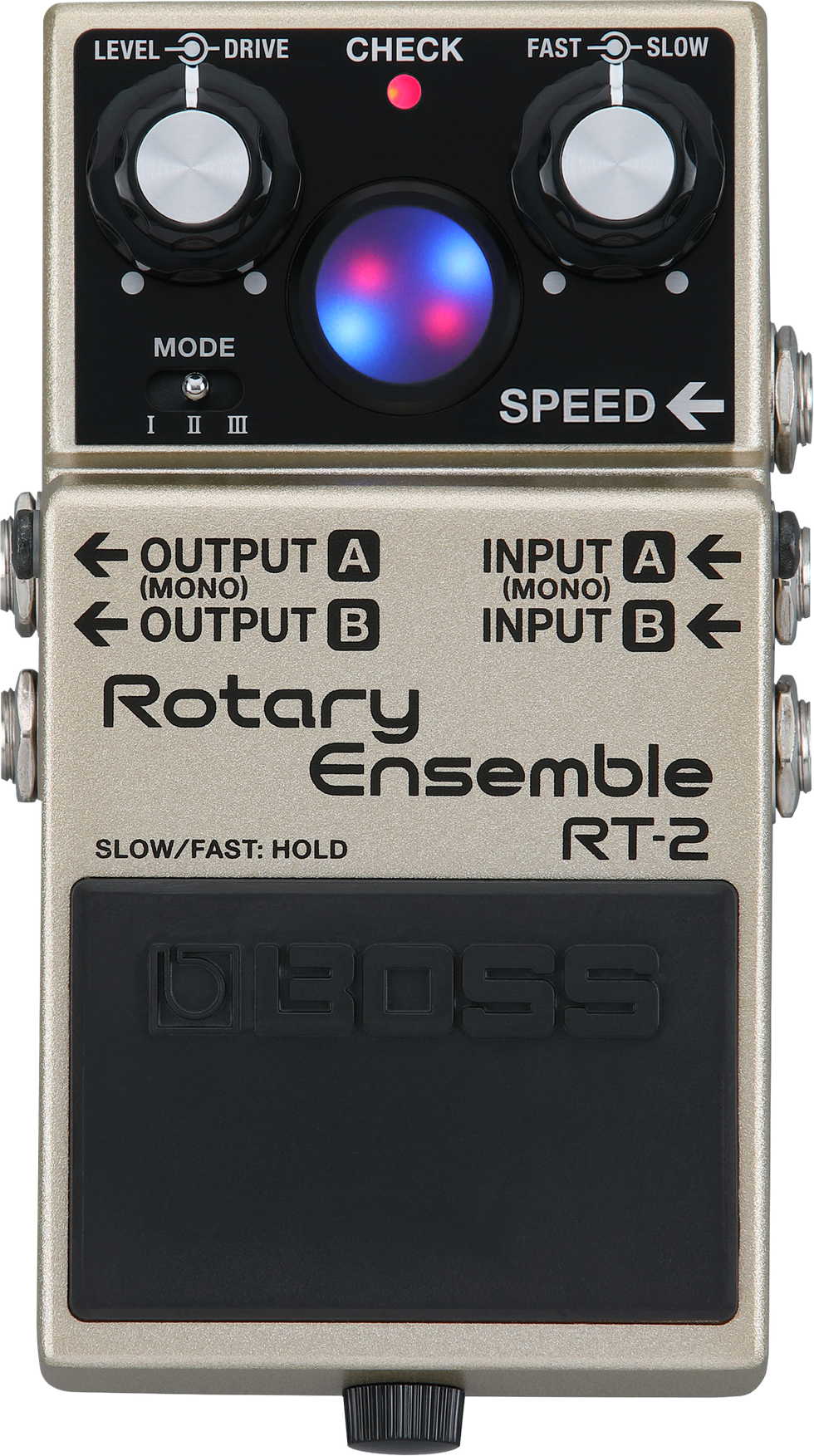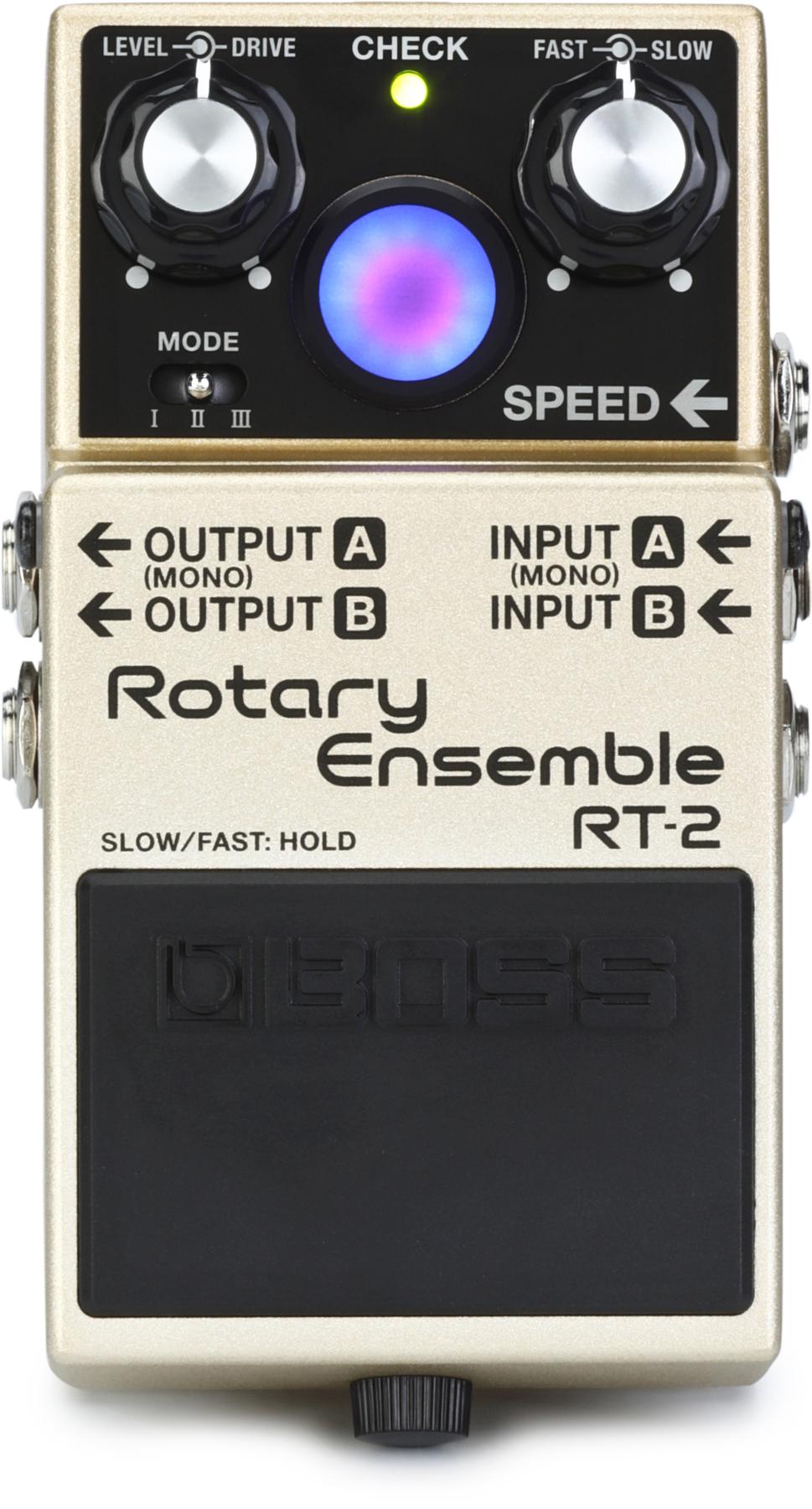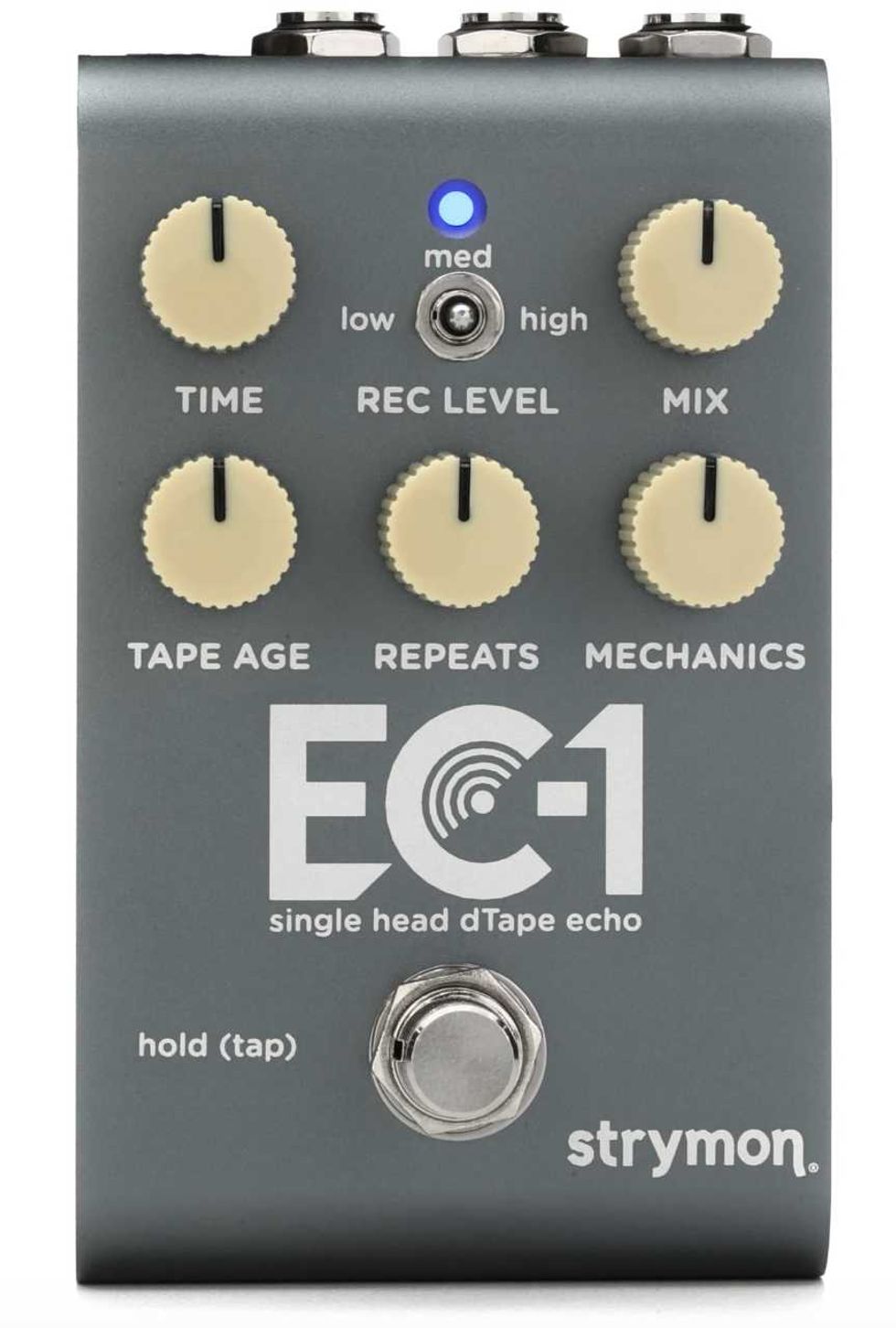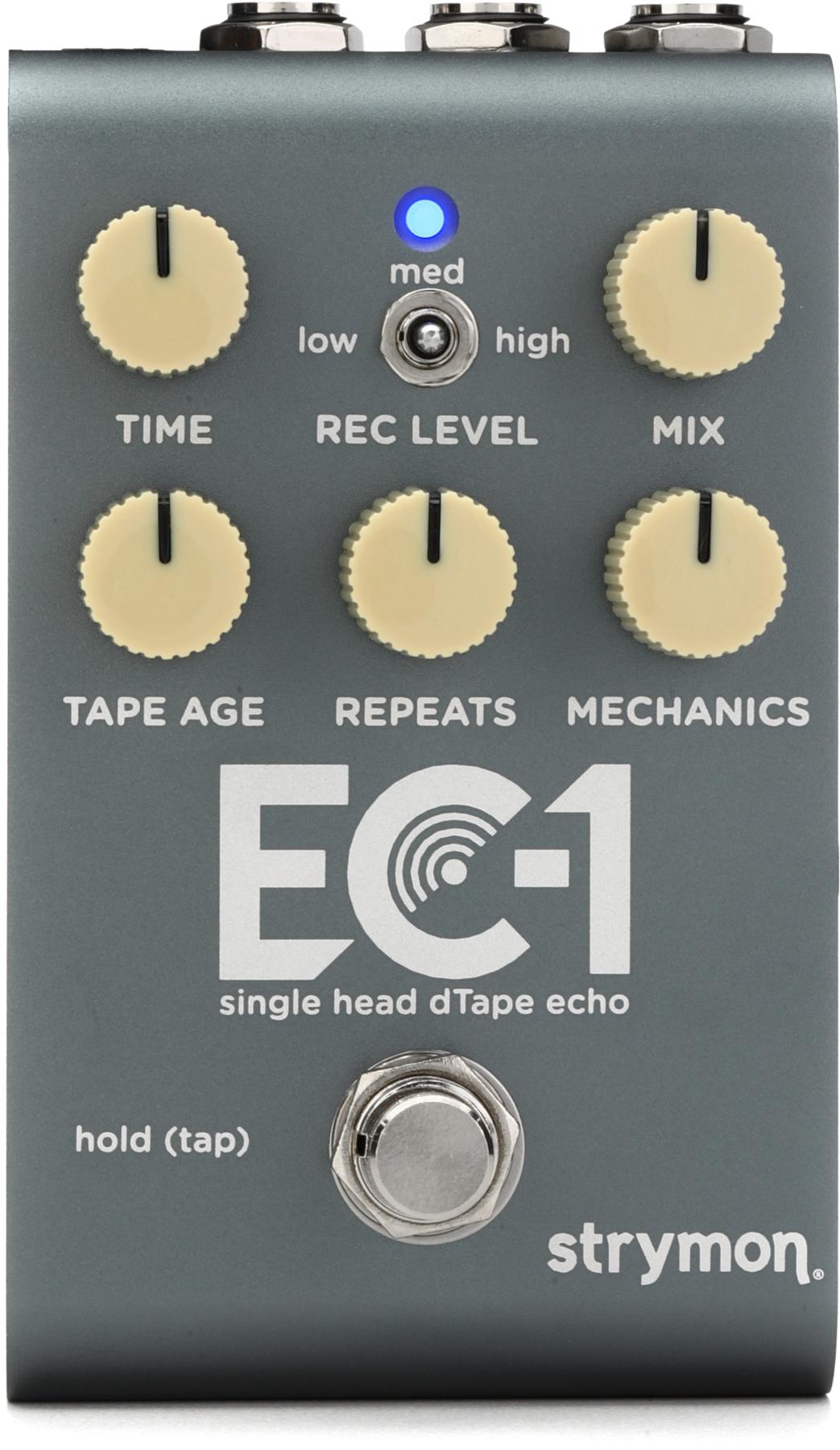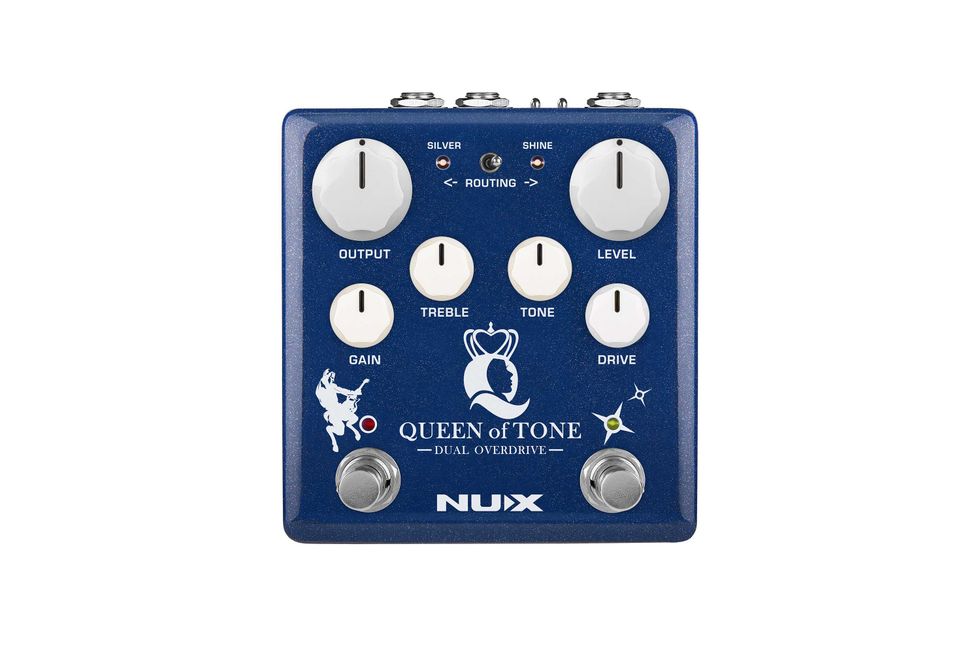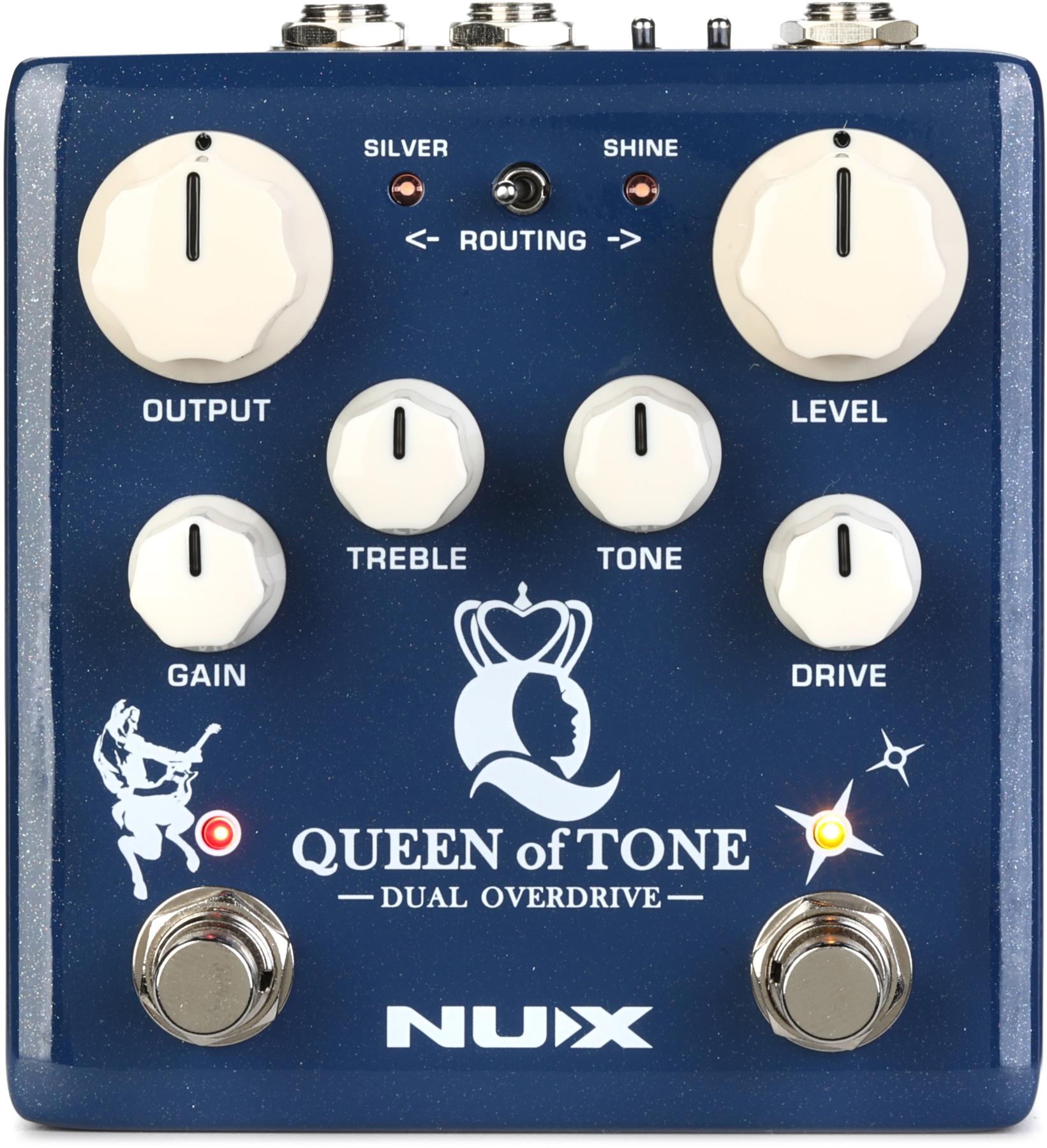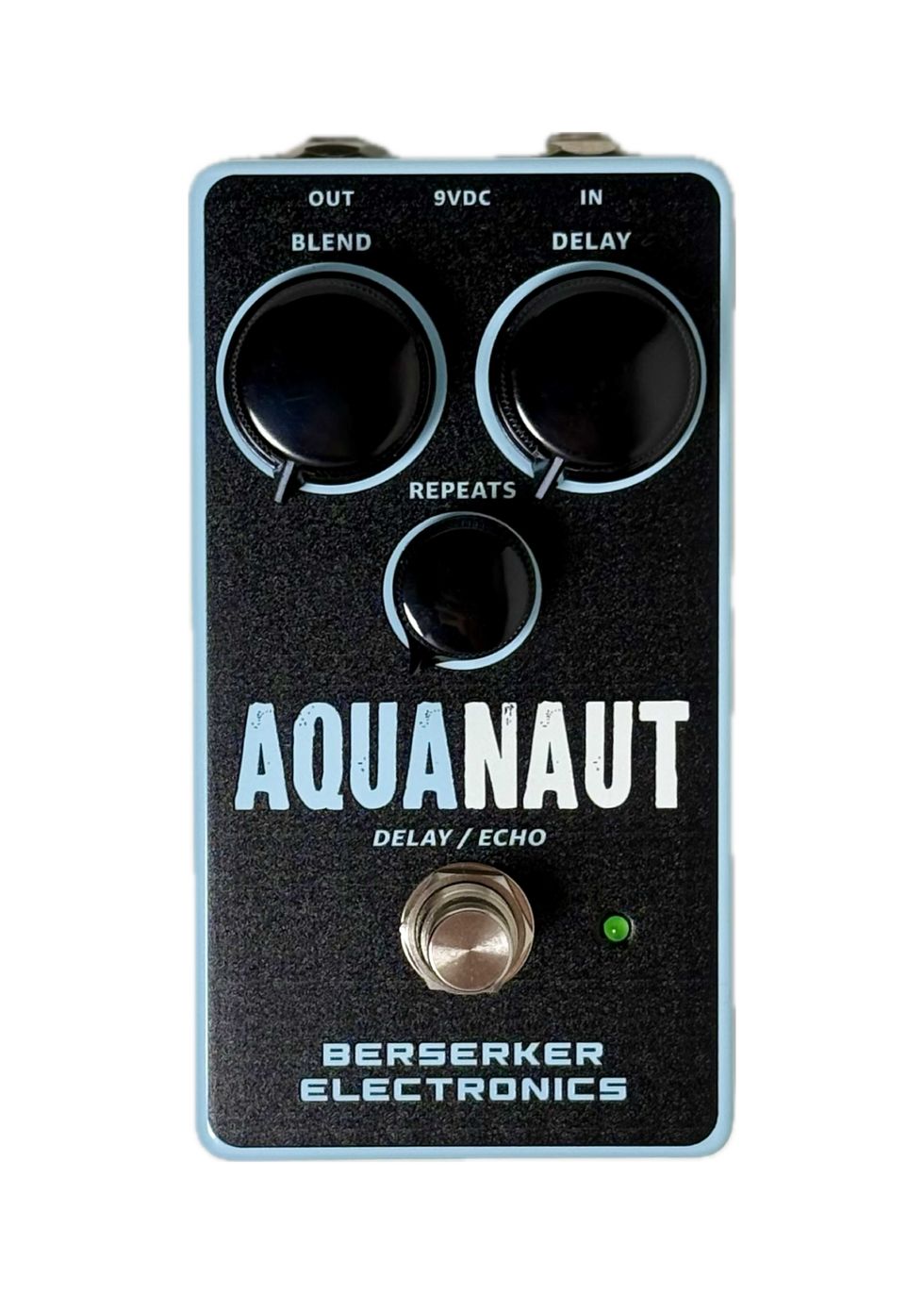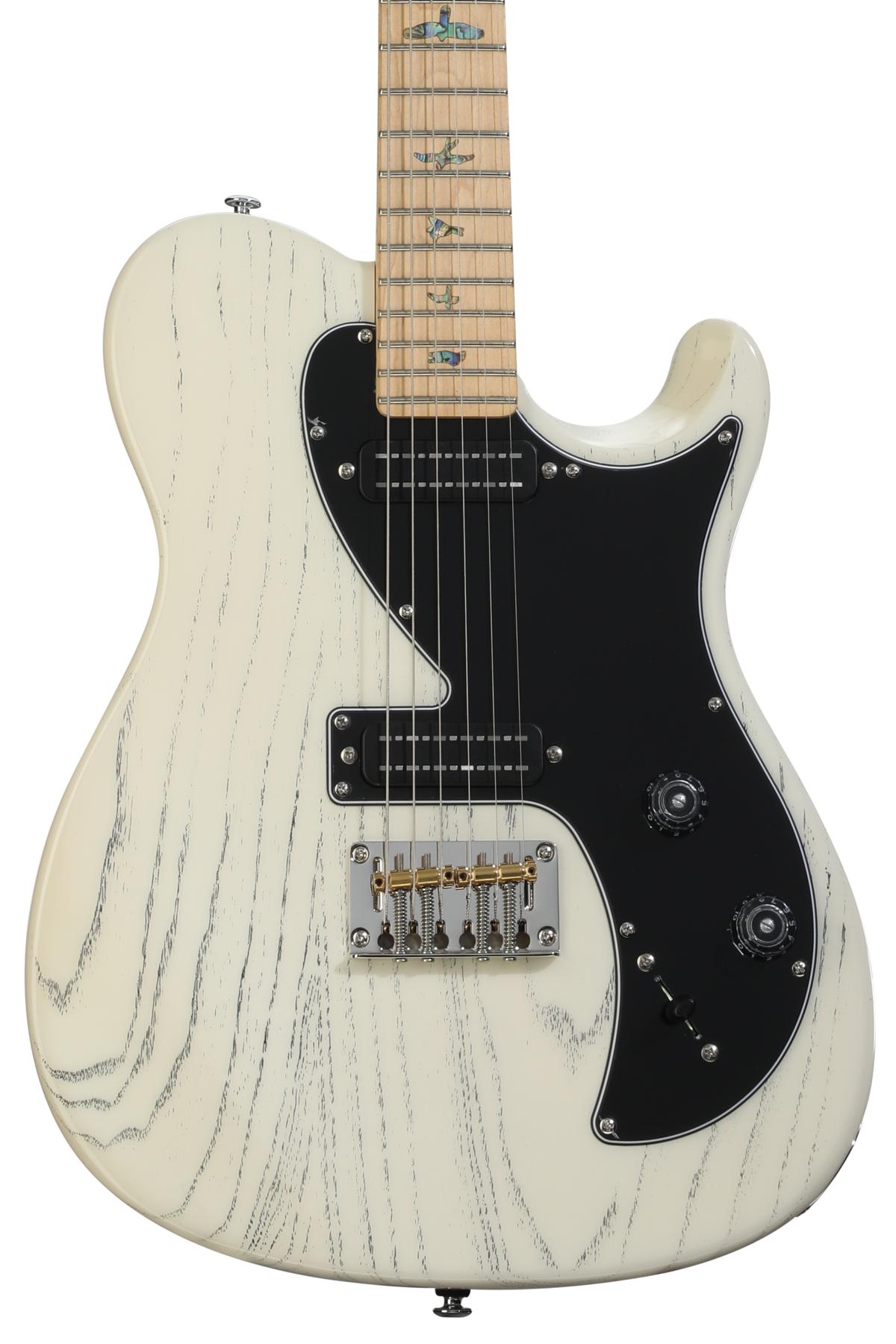 By now, you’re probably familiar with the Epiphone Valve Jr., the tiny, low-wattage, low-budget amplifier that hit store shelves a few years back and single-handedly energized a cadre of amp modders, so we won’t go into a cursory rehashing of its history. But it should be said that the amp’s simplicity – demonstrated by the lone chicken-headed volume knob that flies in the face of modern complexities – has since combined with a growing, gear-obsessed online culture to create a technological phenomenon. Like muscle cars in the sixties and Superstrats in the eighties, people are again obsessed with hot-rodding, and the Valve Jr. can be viewed as a major driver of that shift.
By now, you’re probably familiar with the Epiphone Valve Jr., the tiny, low-wattage, low-budget amplifier that hit store shelves a few years back and single-handedly energized a cadre of amp modders, so we won’t go into a cursory rehashing of its history. But it should be said that the amp’s simplicity – demonstrated by the lone chicken-headed volume knob that flies in the face of modern complexities – has since combined with a growing, gear-obsessed online culture to create a technological phenomenon. Like muscle cars in the sixties and Superstrats in the eighties, people are again obsessed with hot-rodding, and the Valve Jr. can be viewed as a major driver of that shift. With modification tips spreading like an unrestrained virus through message boards and forums, facilitated by the tone-seeking faithful, it was only a matter of time before established companies caught wind of what was going on. One of those was Mercury Magnetics, an outfit best known for conceiving badass power and output transformers for a variety of modern and vintage amps. They wisely realized early on that the amp’s blank slate vibe would provide the perfect showcase for their talents. Mercury’s Sergio Hamernik and L.A.-based amp wizard Alan Cyr went to work designing a custom set of transformers and choke for the diminutive Valve Jr. – a project that, ironically, was originally intended simply as a transformer demonstration kit.
Transformers & You
Having been intrigued with the amp’s possibilities since its conception, we’ve tested out a variety of modifications, from the homegrown (see Dirk Wacker’s web exclusive columns at premierguitar.com) to commercial projects, such as the popular BitMo modification kits (reviewed in October 2007). For the most part, they’ve all added some usable capabilities while maintaining the original vibe of the amp – mainly, stripped down rock tones with passable tube warmth. But while most of these mod projects have expanded the tonality and scope of the Valve Jr., none have completely changed it. Mercury Magnetics'' Epiphone Valve Jr. Kit is likely the only one on the market that can make that claim.
 The basic gist of the modification kit involves the installation of new power and output transformers, the addition of a choke – a rarity in budget amplifiers these days – and a basic reworking of the amp’s circuitry to eliminate some of the noise and hum that plagued early models. And while opinions in our office were divided over the amp’s new sound – the amplifier’s single-ended tonality became more pronounced, and highlighted some of the weaker links in the signal chain, including the stock speaker – there was absolutely no denying that the amp had an expanded tonal range that was unheard of in this price range. With more consistent power flowing into and out of our Valve Jr., there was more of everything. The lows became instantly tighter, the highs shimmered and the entire spectrum of sound now had a beautiful fullness. As that single volume knob rotated clockwise, the Valve Jr. bristled and growled like a Rottweiler about to lunge. This thing had a newfound set of marbles and I, for one, was not complaining.
The basic gist of the modification kit involves the installation of new power and output transformers, the addition of a choke – a rarity in budget amplifiers these days – and a basic reworking of the amp’s circuitry to eliminate some of the noise and hum that plagued early models. And while opinions in our office were divided over the amp’s new sound – the amplifier’s single-ended tonality became more pronounced, and highlighted some of the weaker links in the signal chain, including the stock speaker – there was absolutely no denying that the amp had an expanded tonal range that was unheard of in this price range. With more consistent power flowing into and out of our Valve Jr., there was more of everything. The lows became instantly tighter, the highs shimmered and the entire spectrum of sound now had a beautiful fullness. As that single volume knob rotated clockwise, the Valve Jr. bristled and growled like a Rottweiler about to lunge. This thing had a newfound set of marbles and I, for one, was not complaining. We should note that our Epiphone’s sudden meatiness did not come easily. The kit’s instructions, included on a CD-ROM, seemed conceived not by English majors but by engineers, consisting of a lengthy PDF file filled with close-up photographs instructing users to copy what they see. To the company’s credit, the photos are well done, providing enough detail in each shot, but more text would have been helpful for those of us who aren’t the best at spatial learning. In fairness, we received an early version of the manual, and Mercury Magnetics has said that a much more complete, easy-to-navigate version is now available.
"The basic gist of the modification kit involves the installation of new power and output transformers, the addition of a choke — a rarity in budget amplifiers these days — and a basic reworking of the amp''s circuitry..."
While the clipping and wiring of resistors and leads may be feasible for most readers, this project also requires some advanced know-how like cutting traces and drilling holes in the PCB. New entrants to the amp mod game will quickly find themselves in way over their heads, and might want to consider some of the other mod options available if they are set on doing it themselves. In the spirit of complete disclosure, we got through the first few steps before we were forced to hand the project over to a local amp tech. It cost a few more bucks in the end, but the results were absolutely worth it, giving us an amp that we could record with, or even take along to small gigs. And who saw that coming?
The Final Mojo
Put into a strict cost/benefit matrix, products like the BitMo might come out as the better deal for the weekend modder looking to push the Valve Jr.’s envelope. The work and price involved with the Mercury Magnetics kit might seem like a large compromise for some groups – you could take the money you’d spend here and put it towards a higher-end amp, like Orange’s Tiny Terror, without spending days etching lines in a PCB. But those people are not who this kit is aimed at – this project is meant for those amp tweakers that dream of turning a drab, utilitarian piece of equipment into a snarling, steroid-infused monster, no matter the cost. And for these guys, this kit will be both intrinsically rewarding and positively orgasmic.
Buy if...
you drive a Trans Am with a juiced SD-455 under the hood
Skip if...
you’re new to amp modding and want to do it all without any help
Rating...
MSRP Combo Kit $289 Head Kit $299 - Mercury Magnetics - mercurymagnetics.com |
Our expert has stated his case, now we want to hear yours. Share your comments and ratings below.


